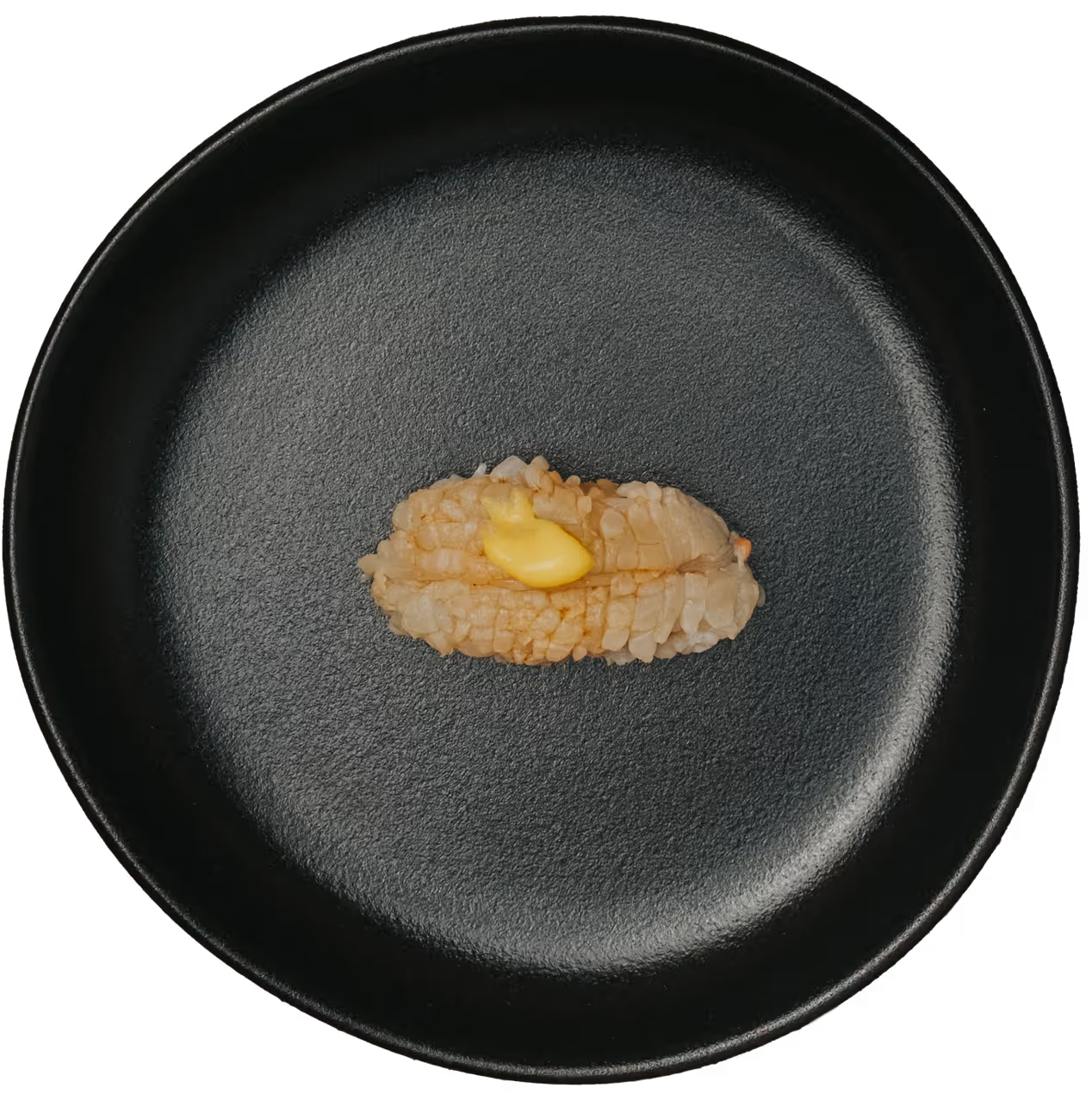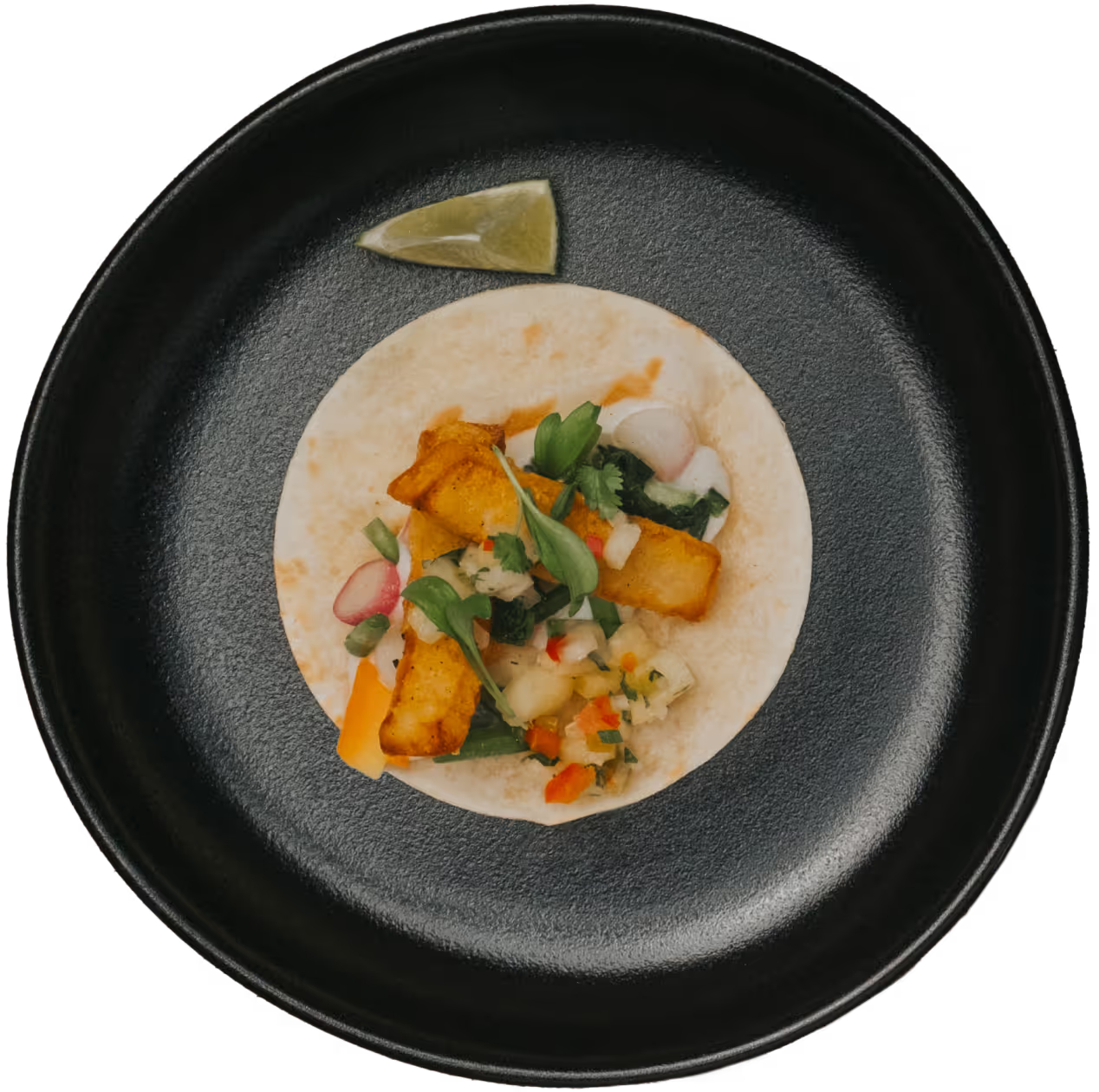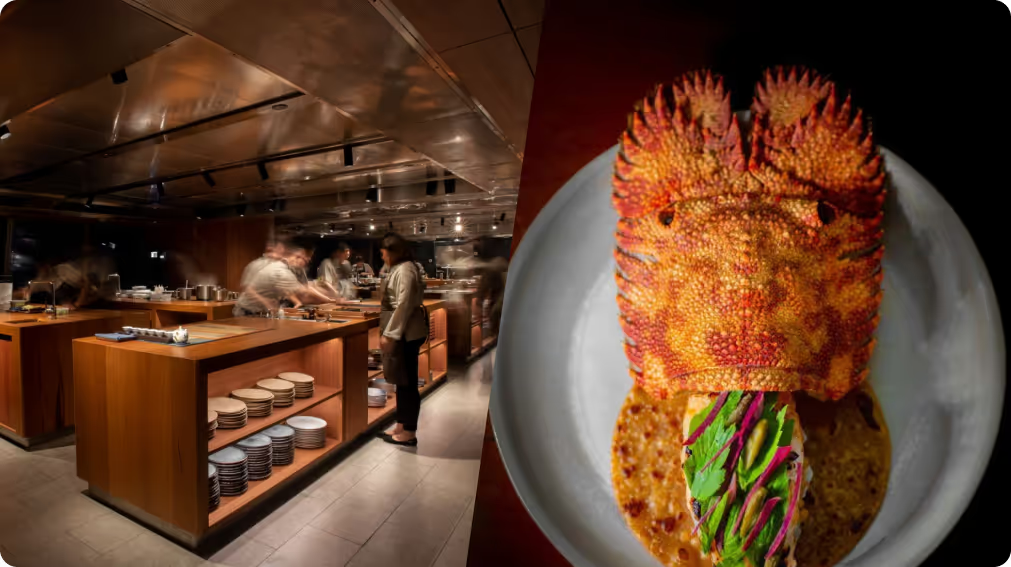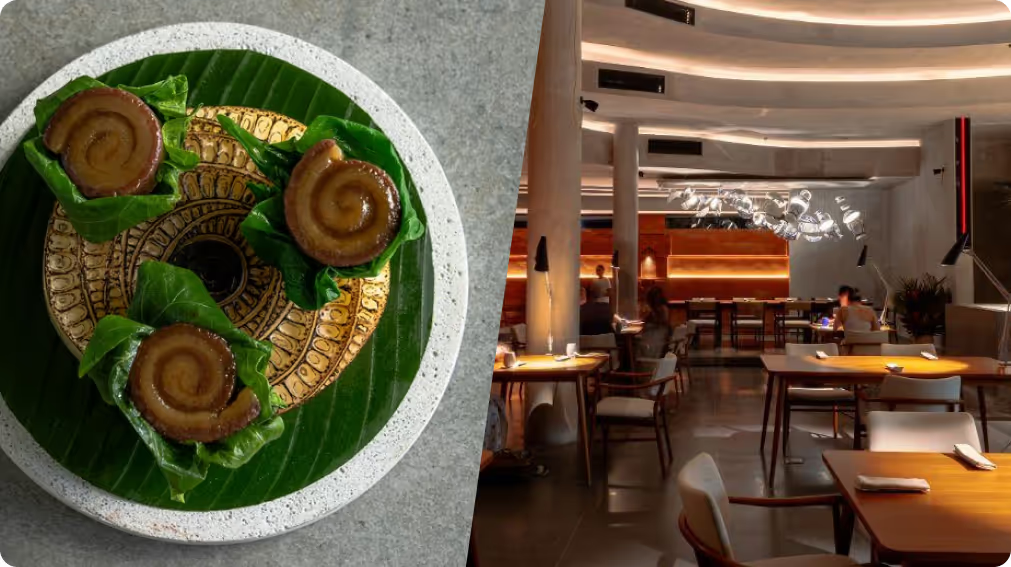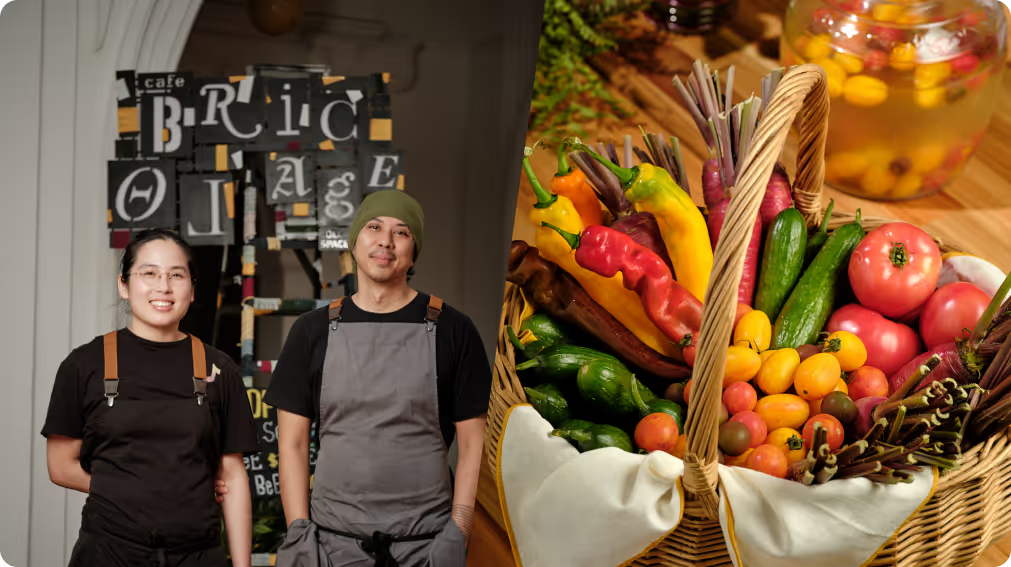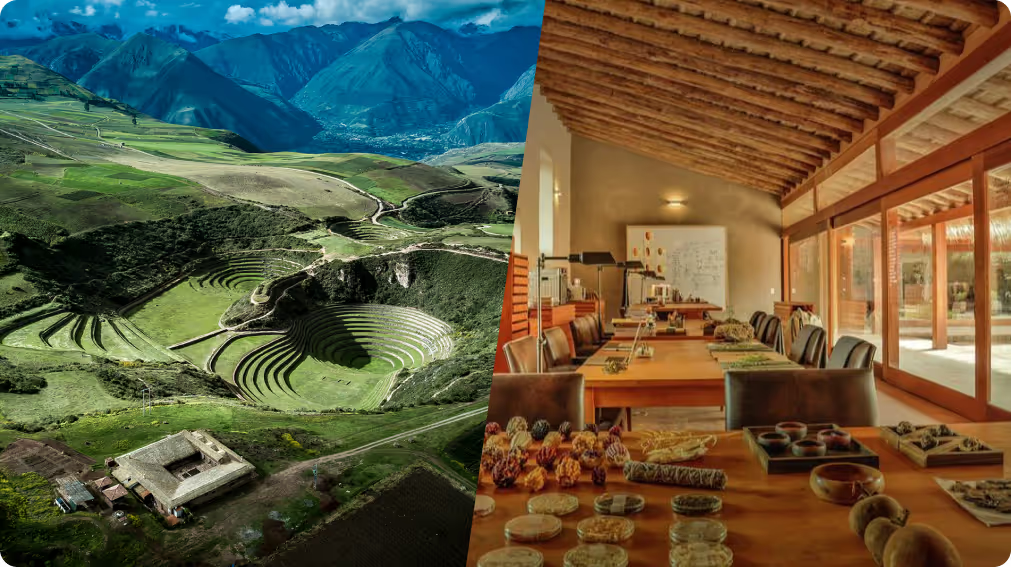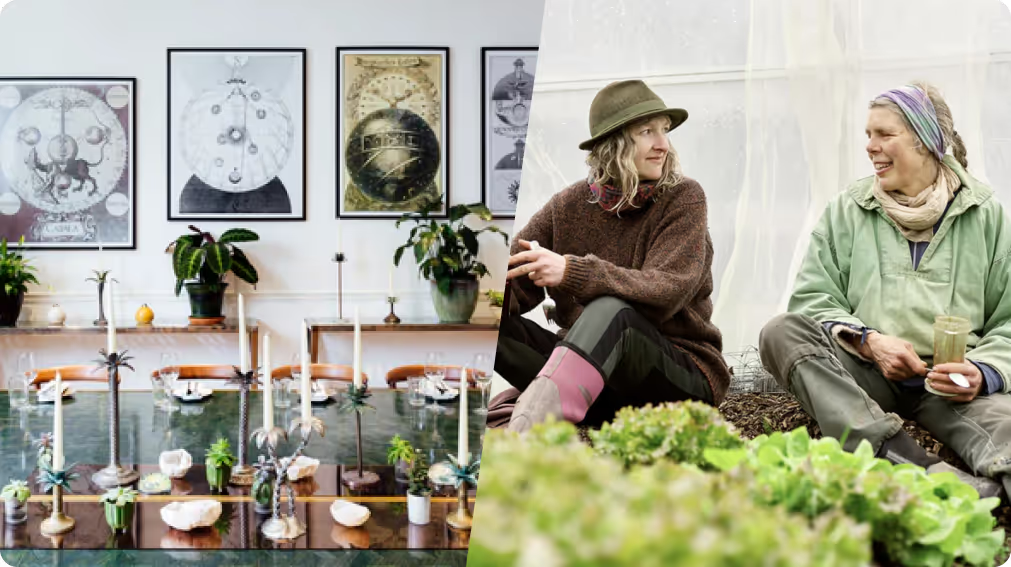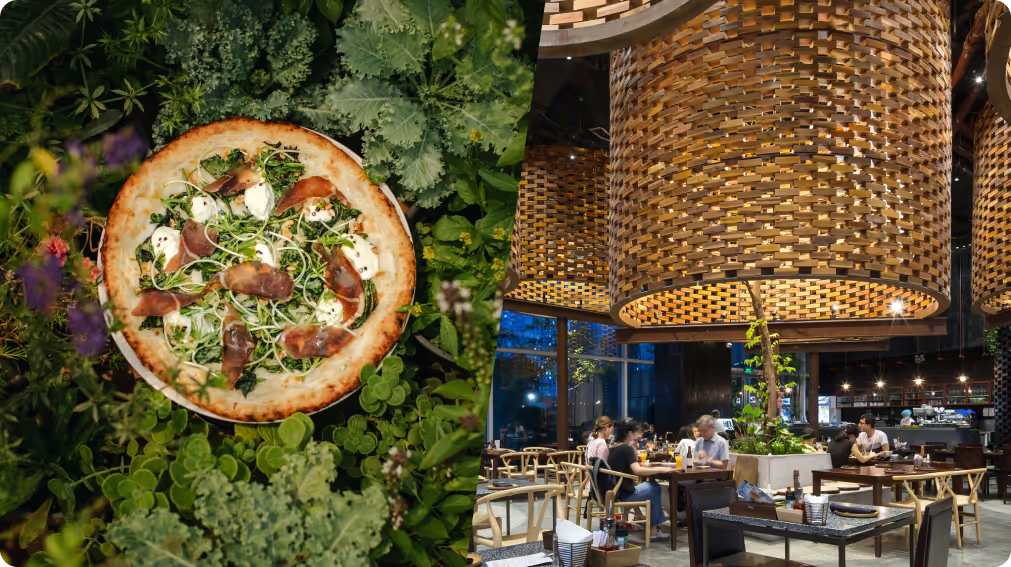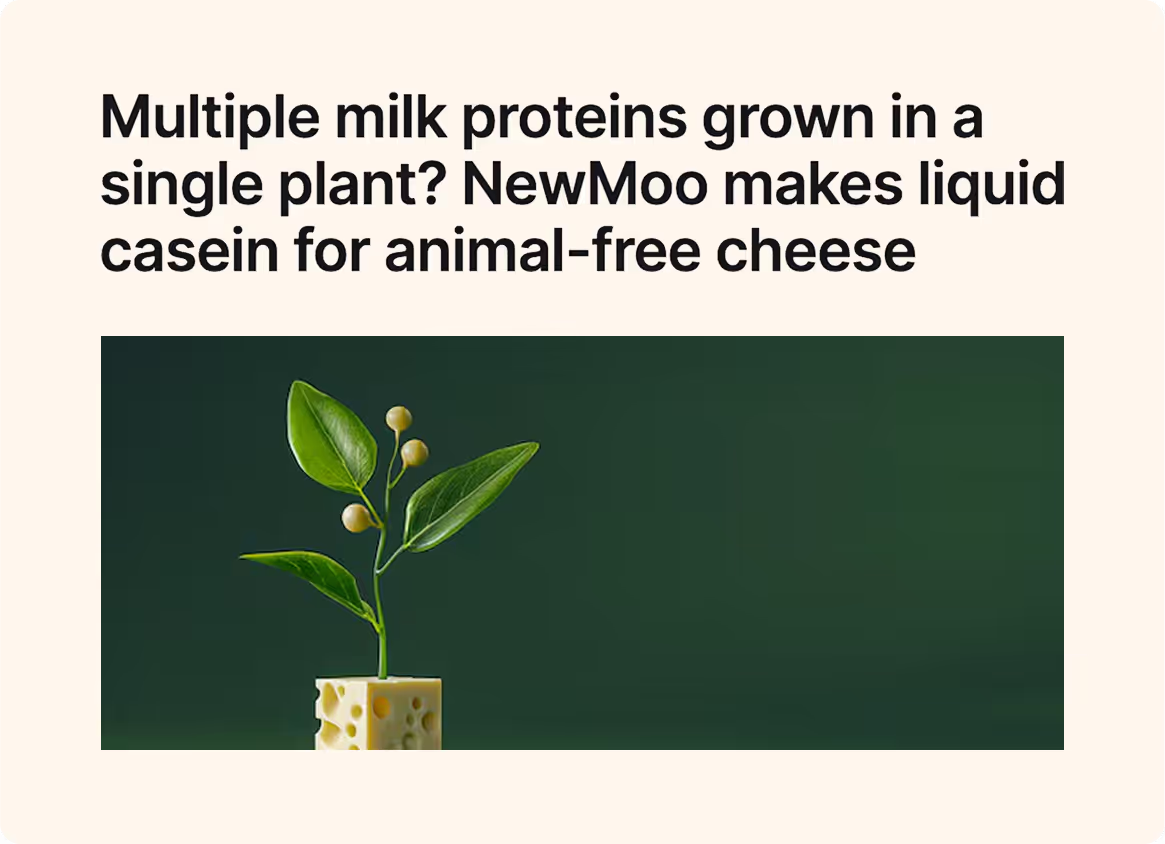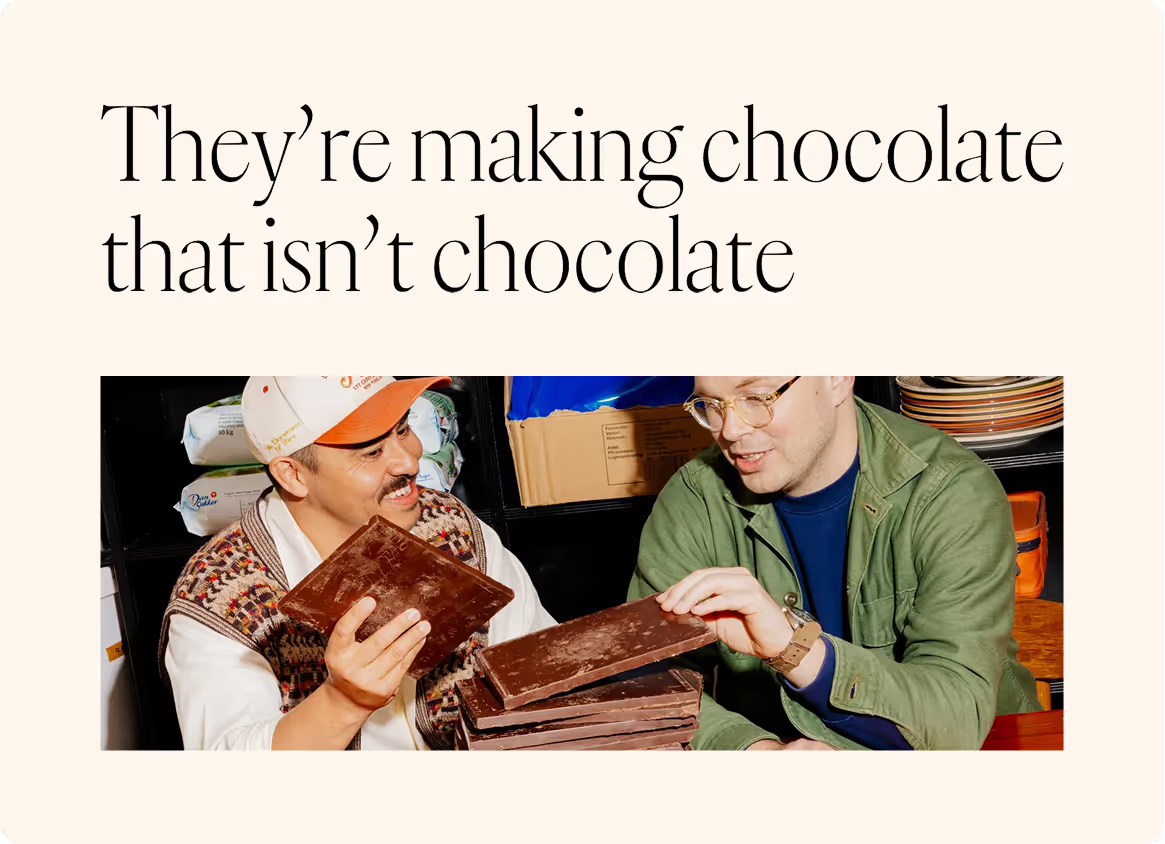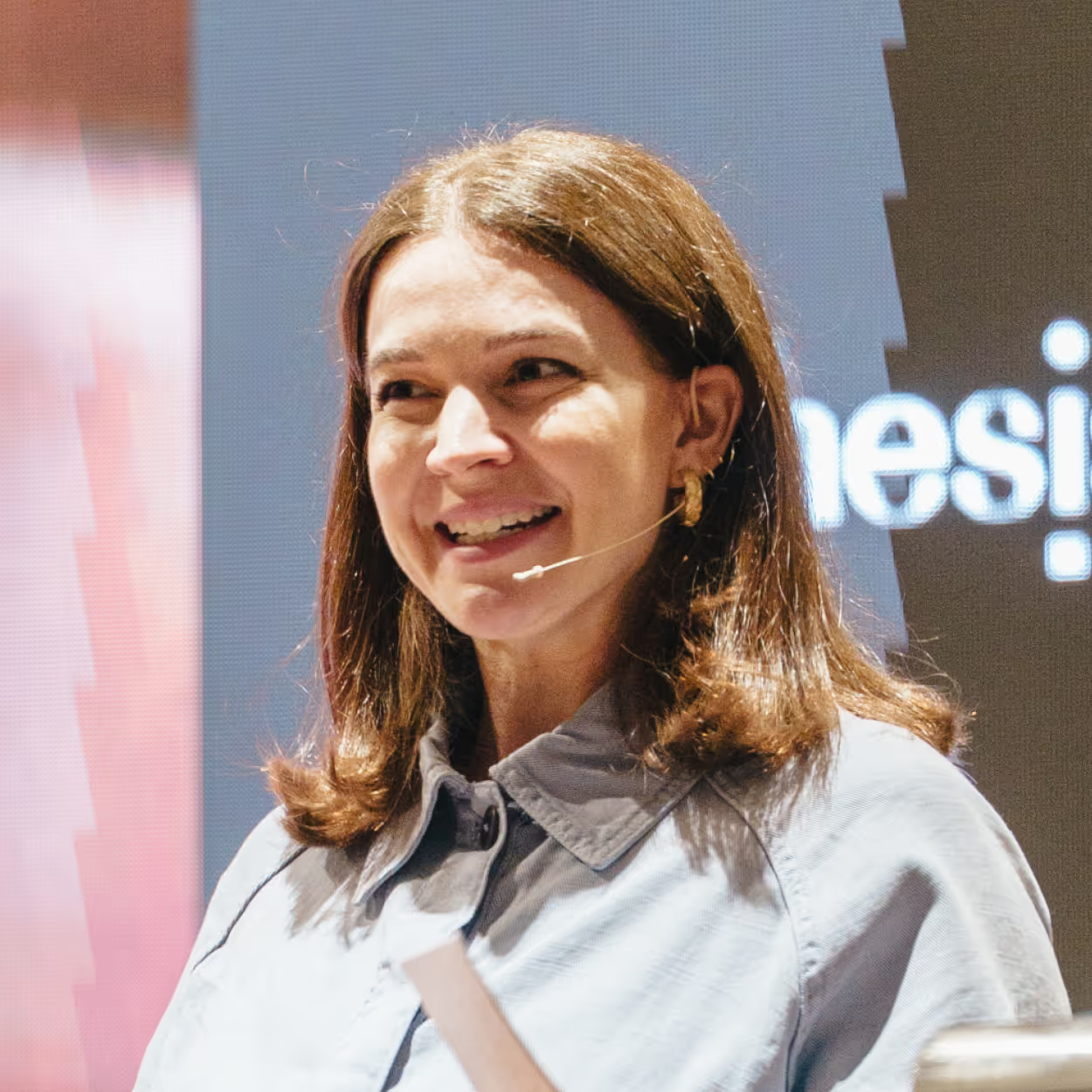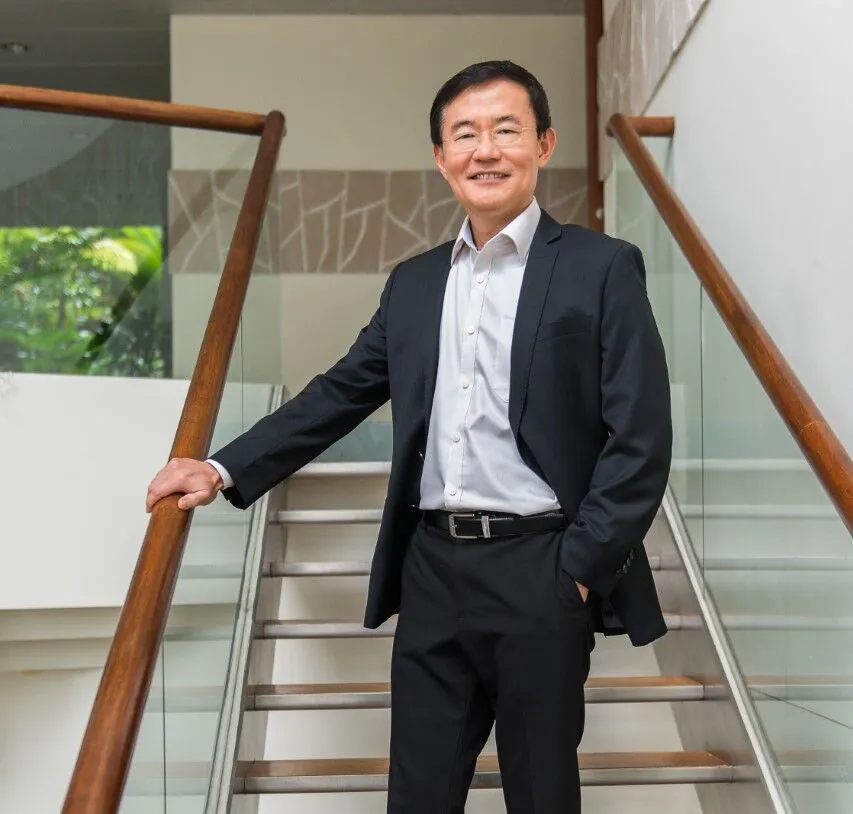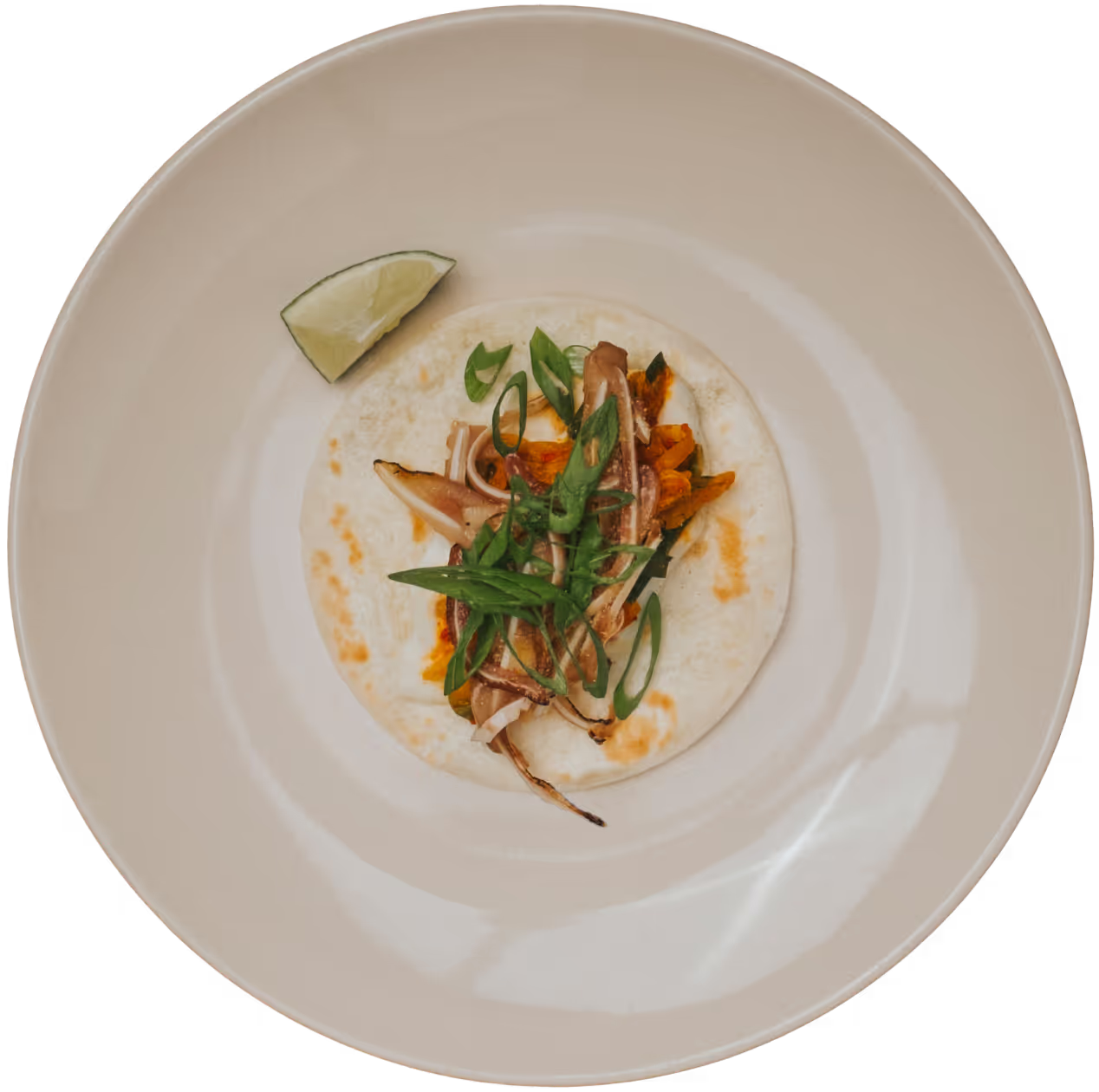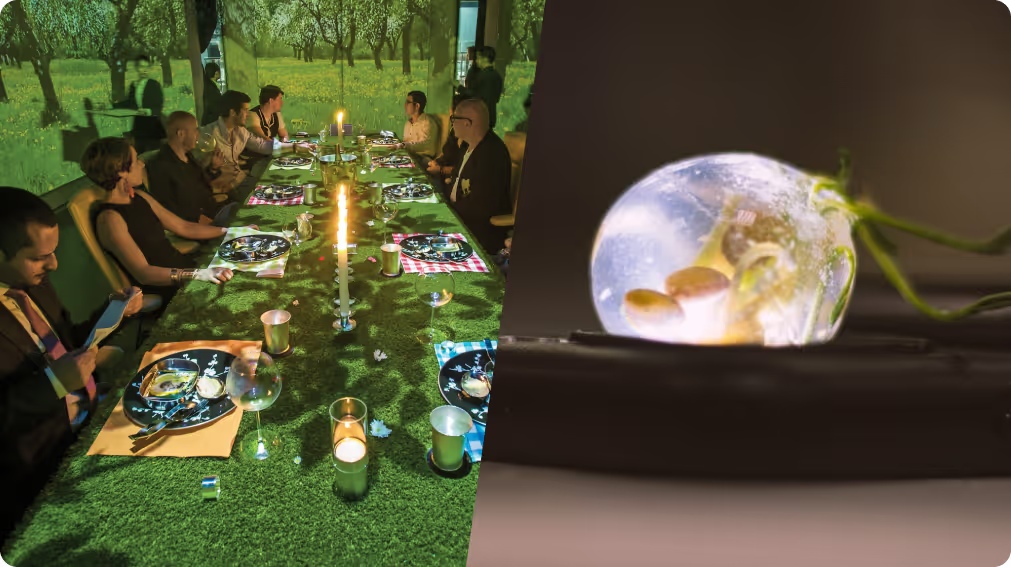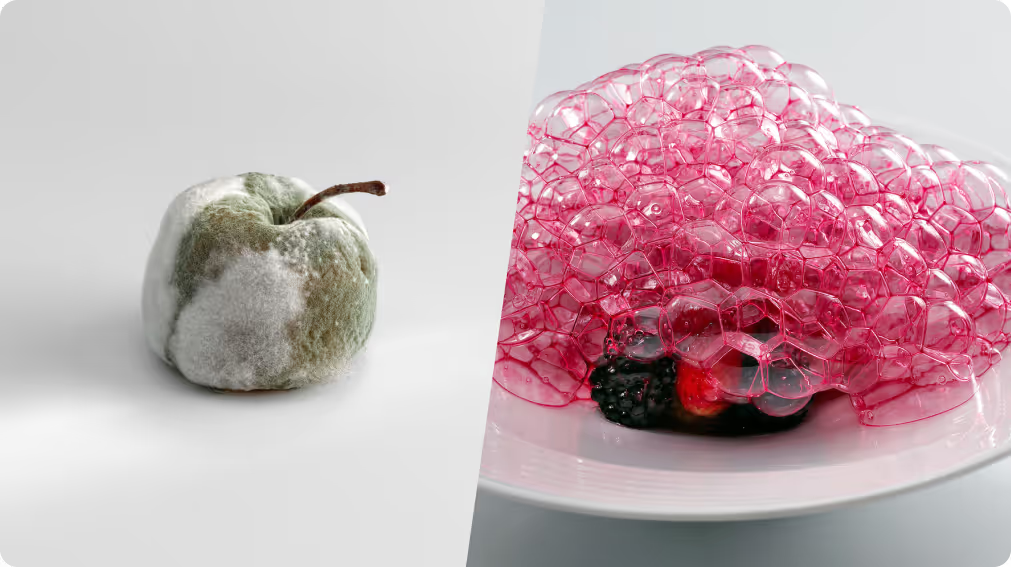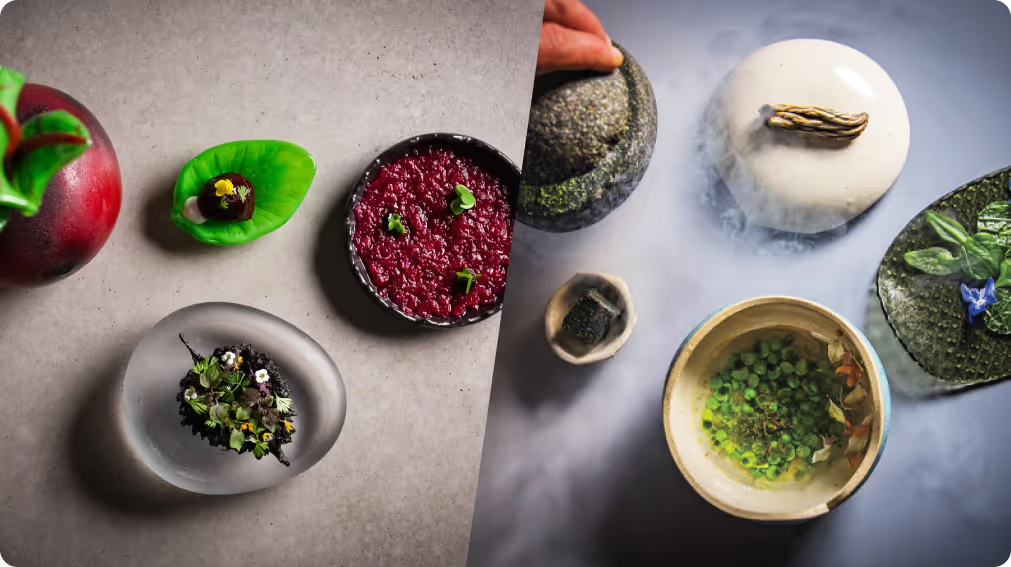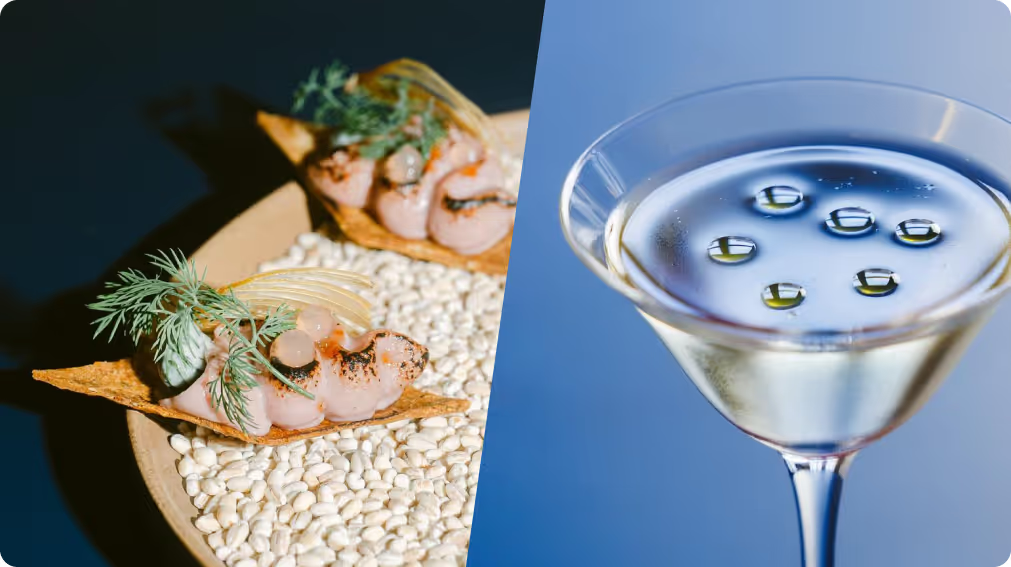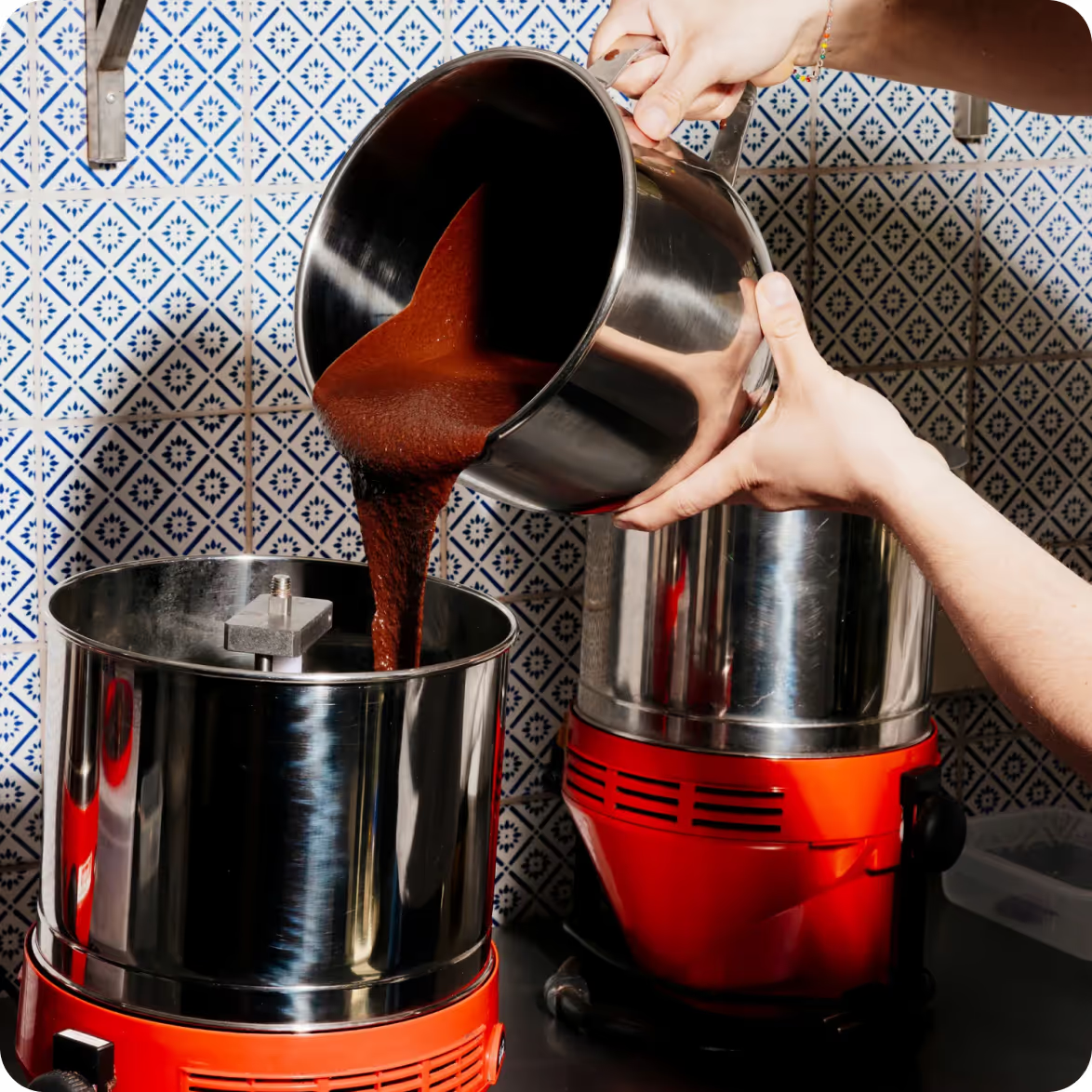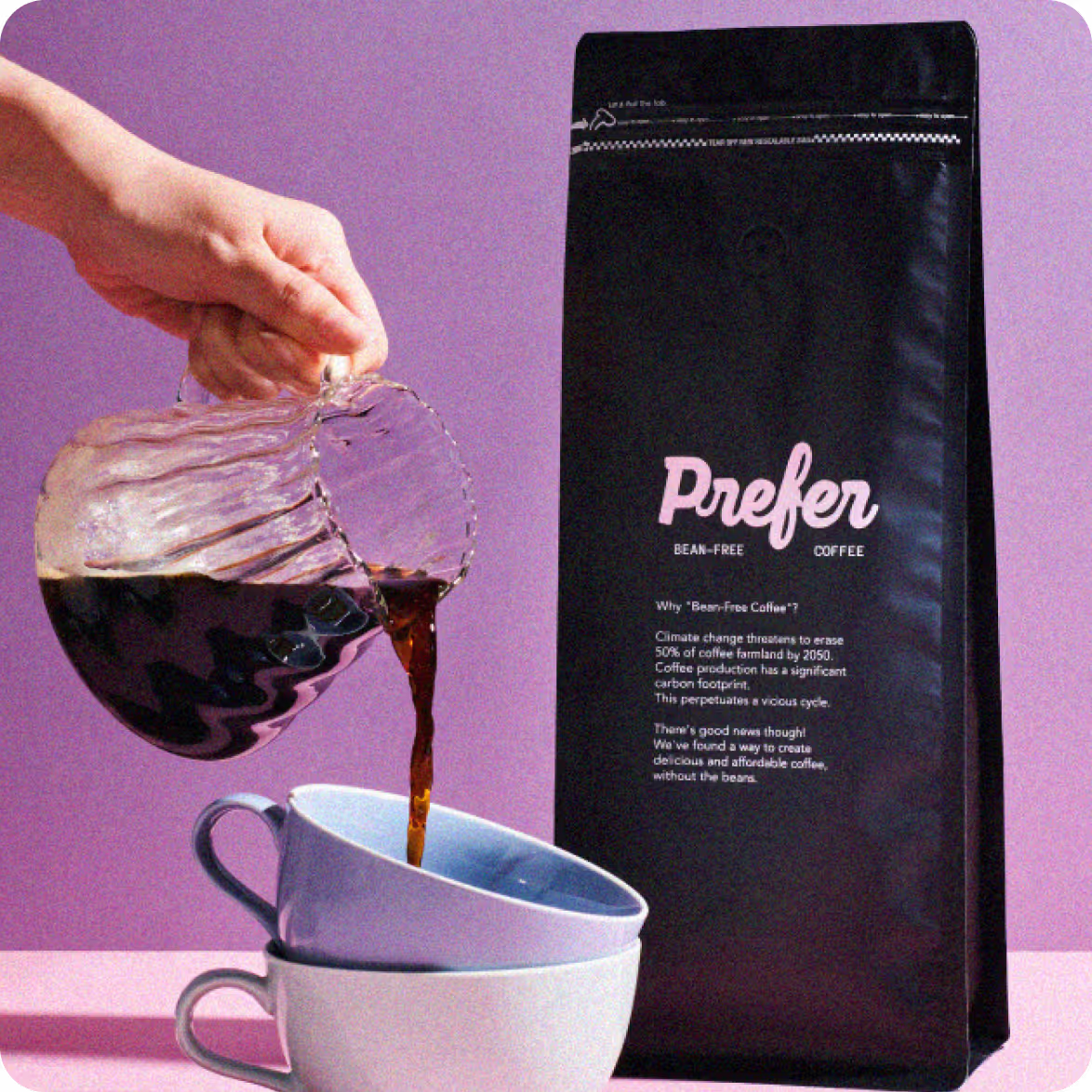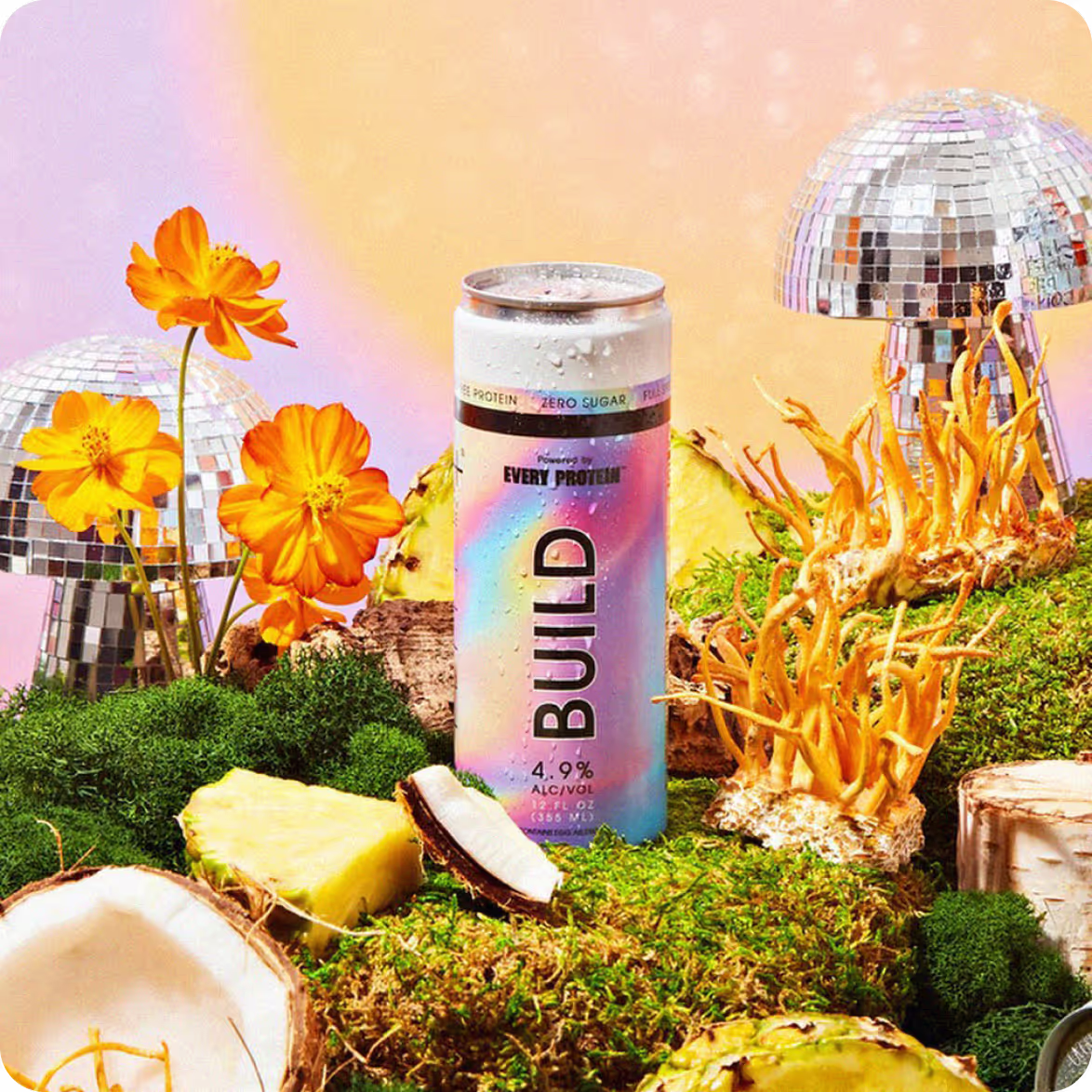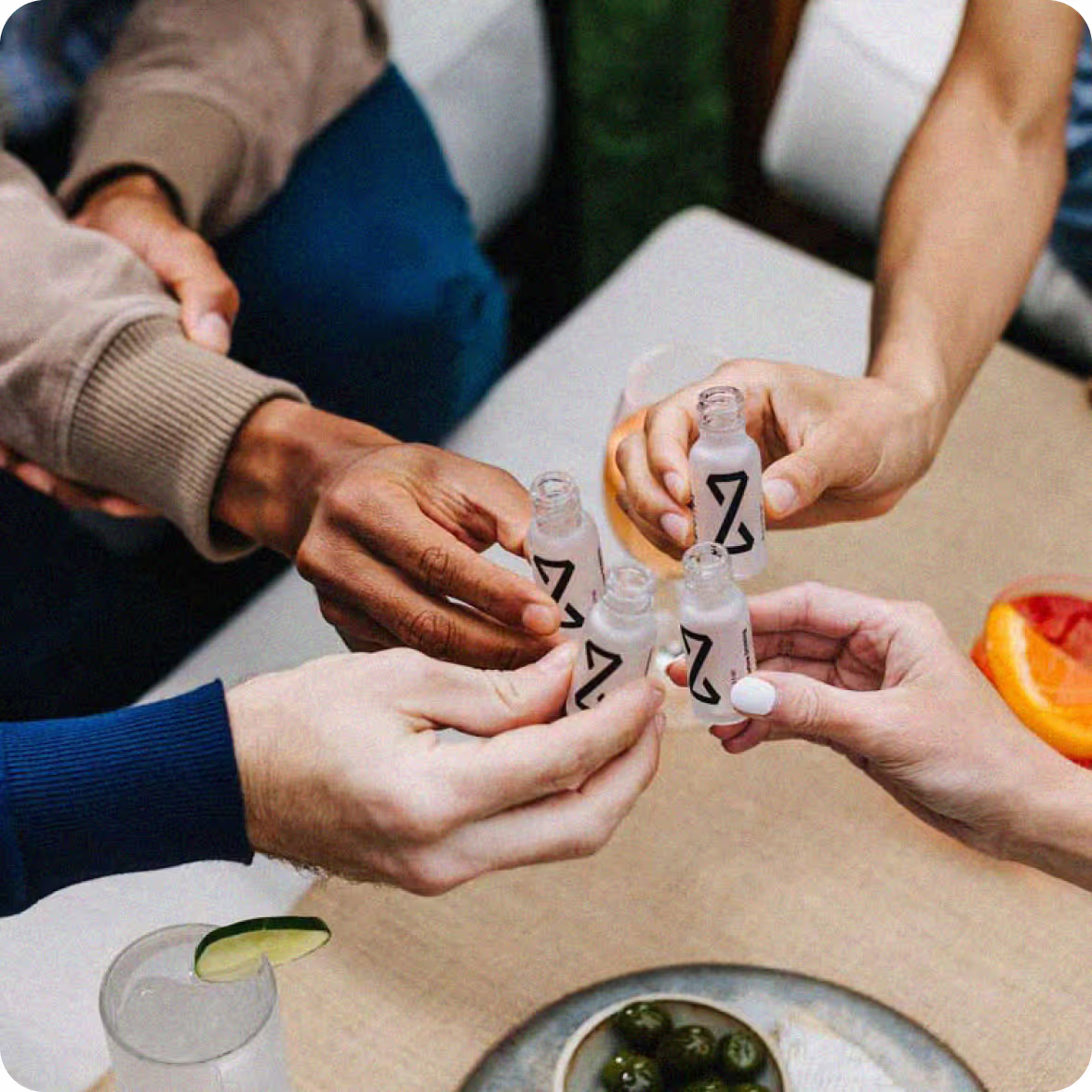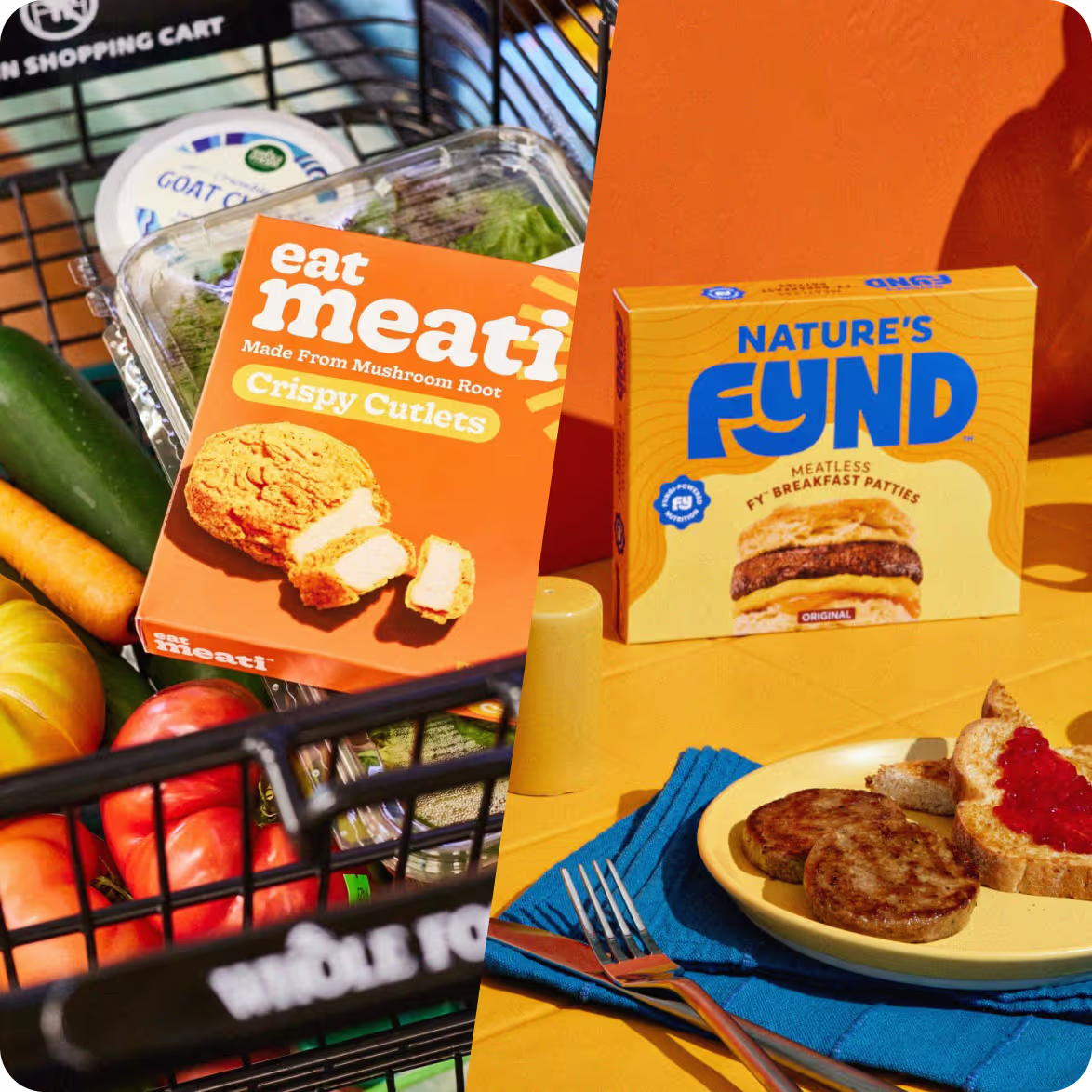Benefits in Radical Transformation
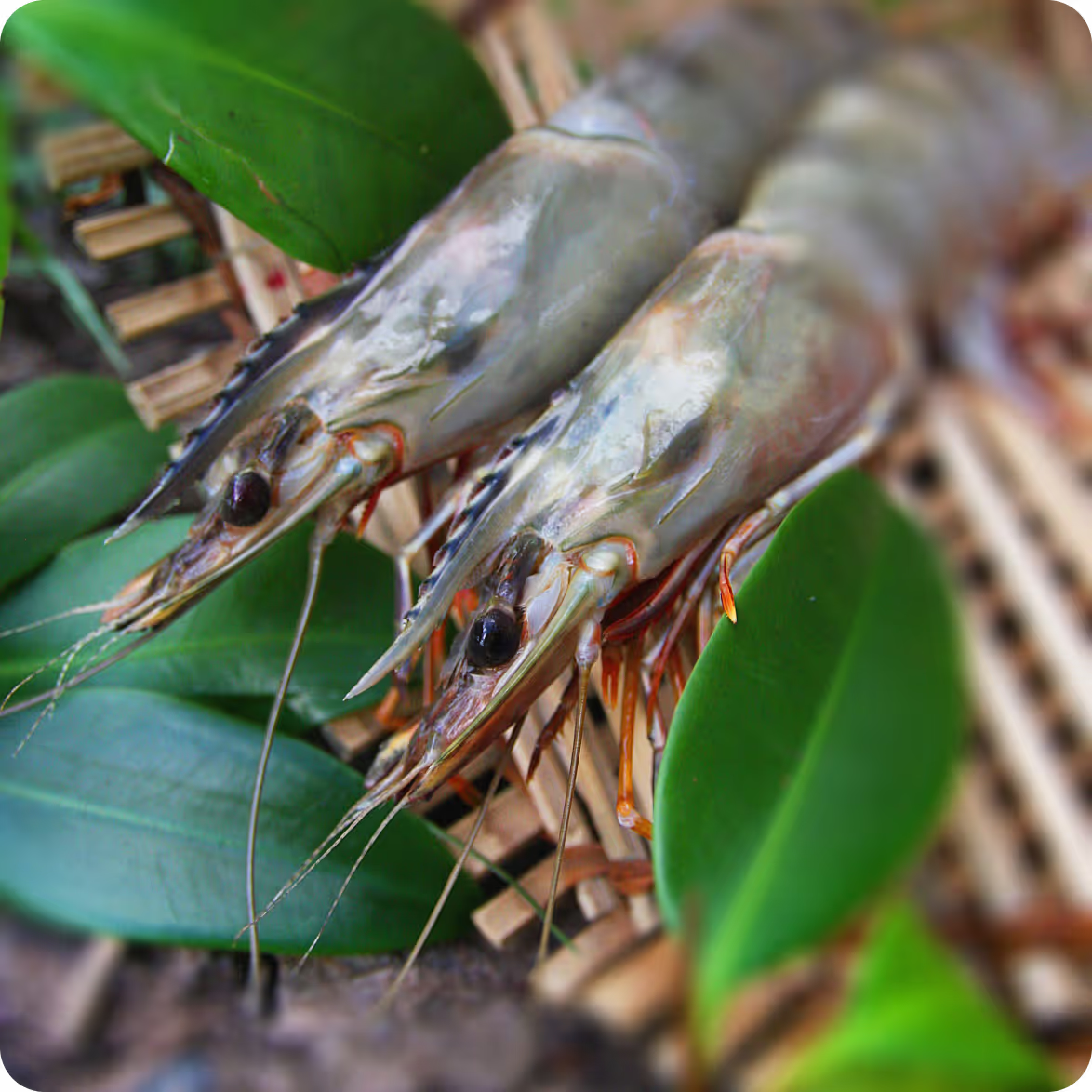
BlueYou adopts a “Planet Positive” standard – highlighting regenerative aquafarming that restores nature and drives conscious consumption.

Zespri's Kiwifruit became the first fresh fruit in the EU to achieve an approved health claim, shown to support digestive health by improving regularity — paving the way for more whole fruits and vegetables to carry functional benefits.
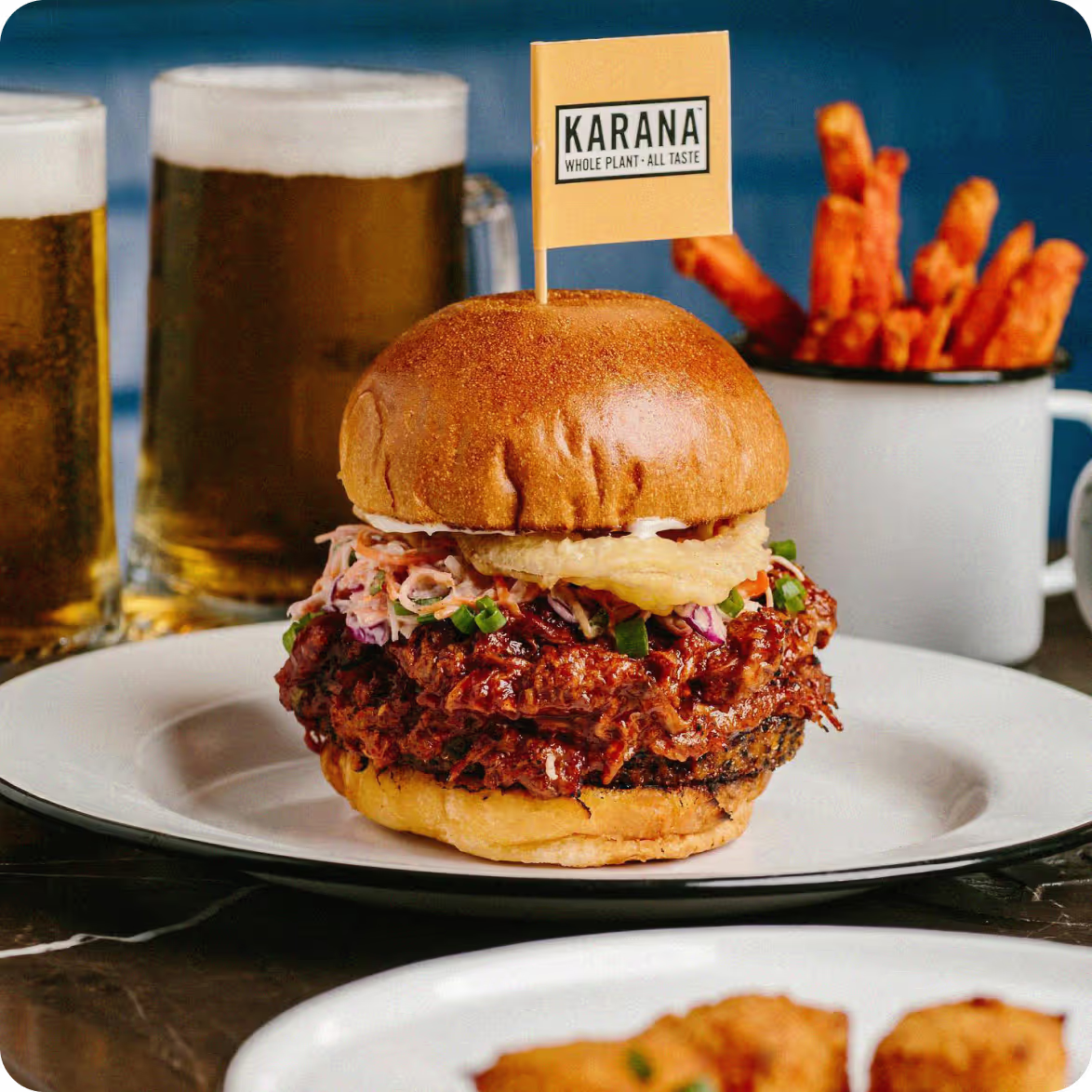
Karana transforms undervalued jackfruit into meaty, nutritious culinary products while scaling regenerative, biodiverse farming and reducing waste – nurturing both soil and communities.

Dole Green banana powder upcycles unripe bananas into a naturally nutrient-rich powder high in resistant starch, fiber, potassium, and magnesium – fueling gut health and digestion.
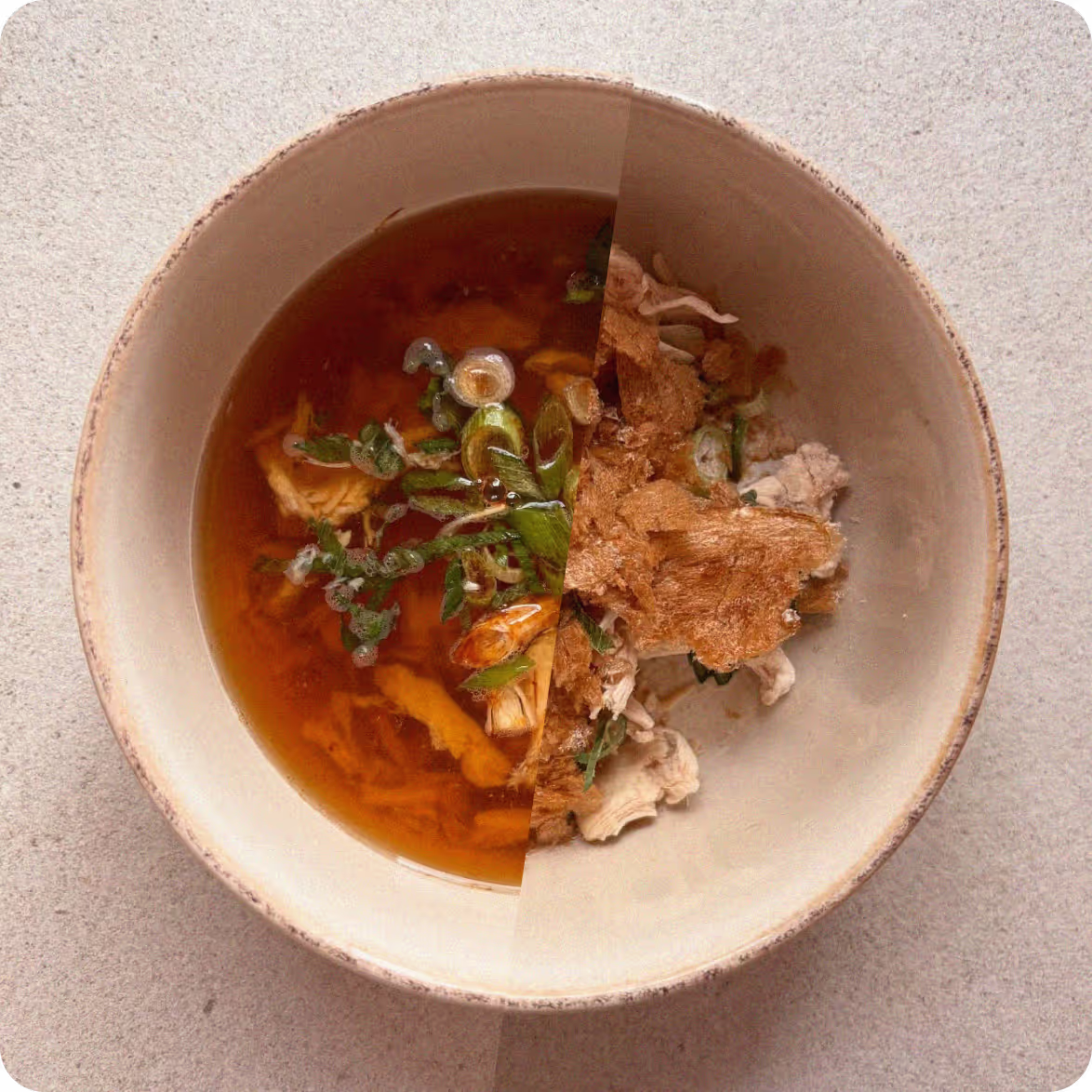
Sirona Foods delivers instant whole-food meals and broths made from pure, natural ingredients that serve nourishing simplicity, with broths offering a natural source of collagen.
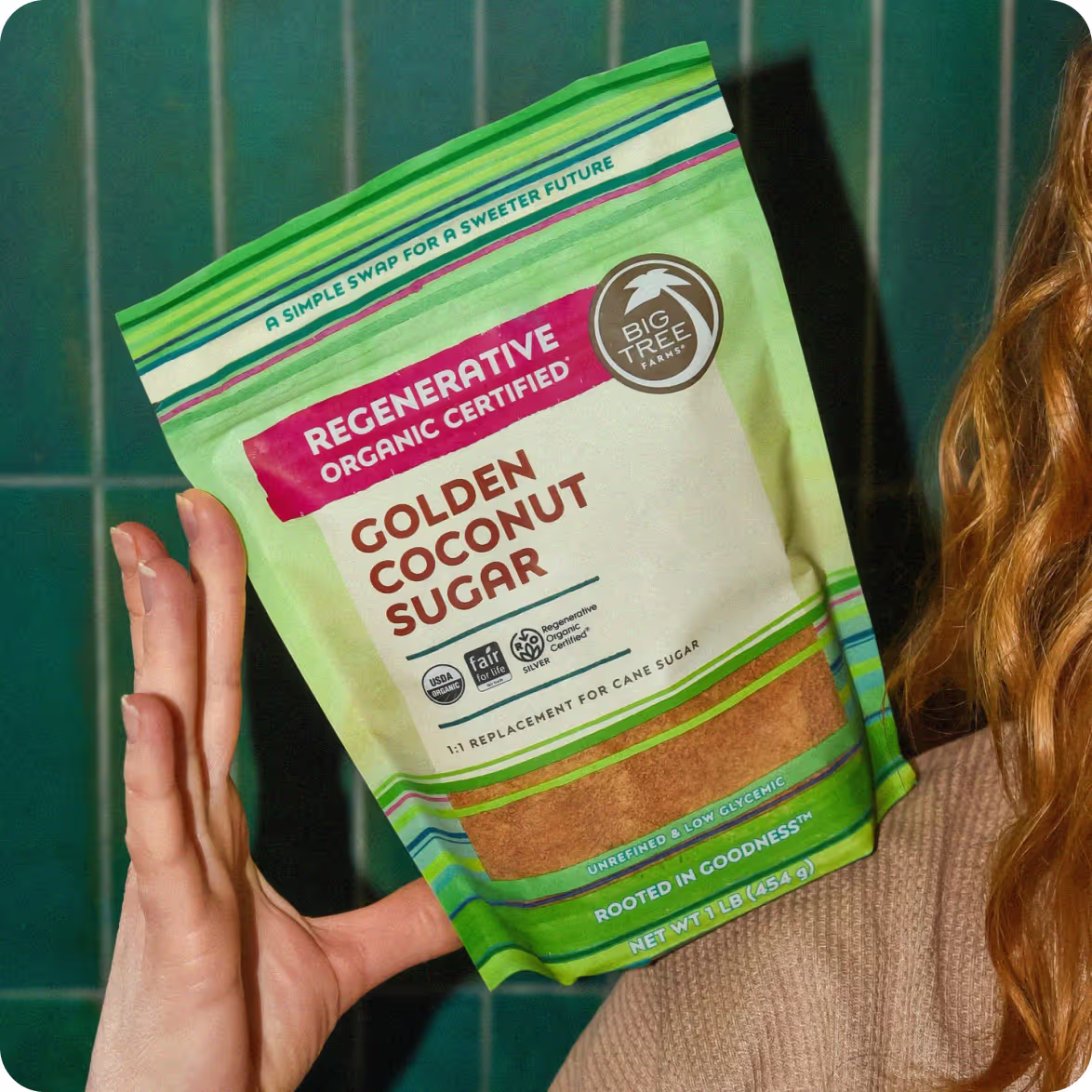
Big Tree Farms produce regeneratively grown coconut sugar that is low GI and mineral-rich, while also organic, non-GMO, fair trade, and produced in agroforestry systems that preserve trees and save water.
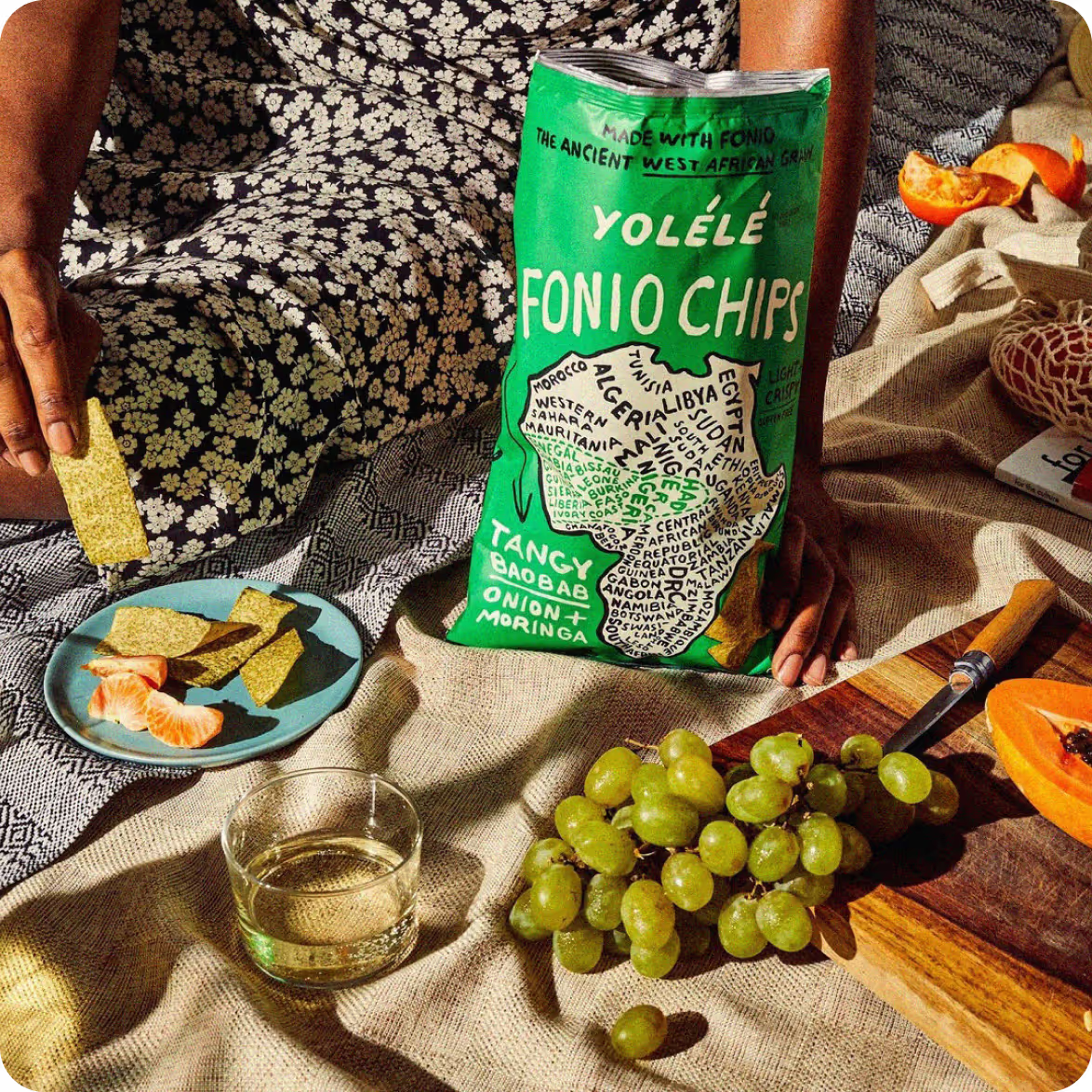
Yolélé Fonio Chips (West Africa/USA) offer a low-calorie, nutrient-dense ancient grain rich in fibre, iron, and B-vitamins, grown in arid soils to regenerate land while transforming rural communities through new markets.

Bio&Me Granolas are made with 15 different plant-based foods to support gut microbial diversity, high in fibre, all-natural, no added sugar, and designed to be “good for your gut.”
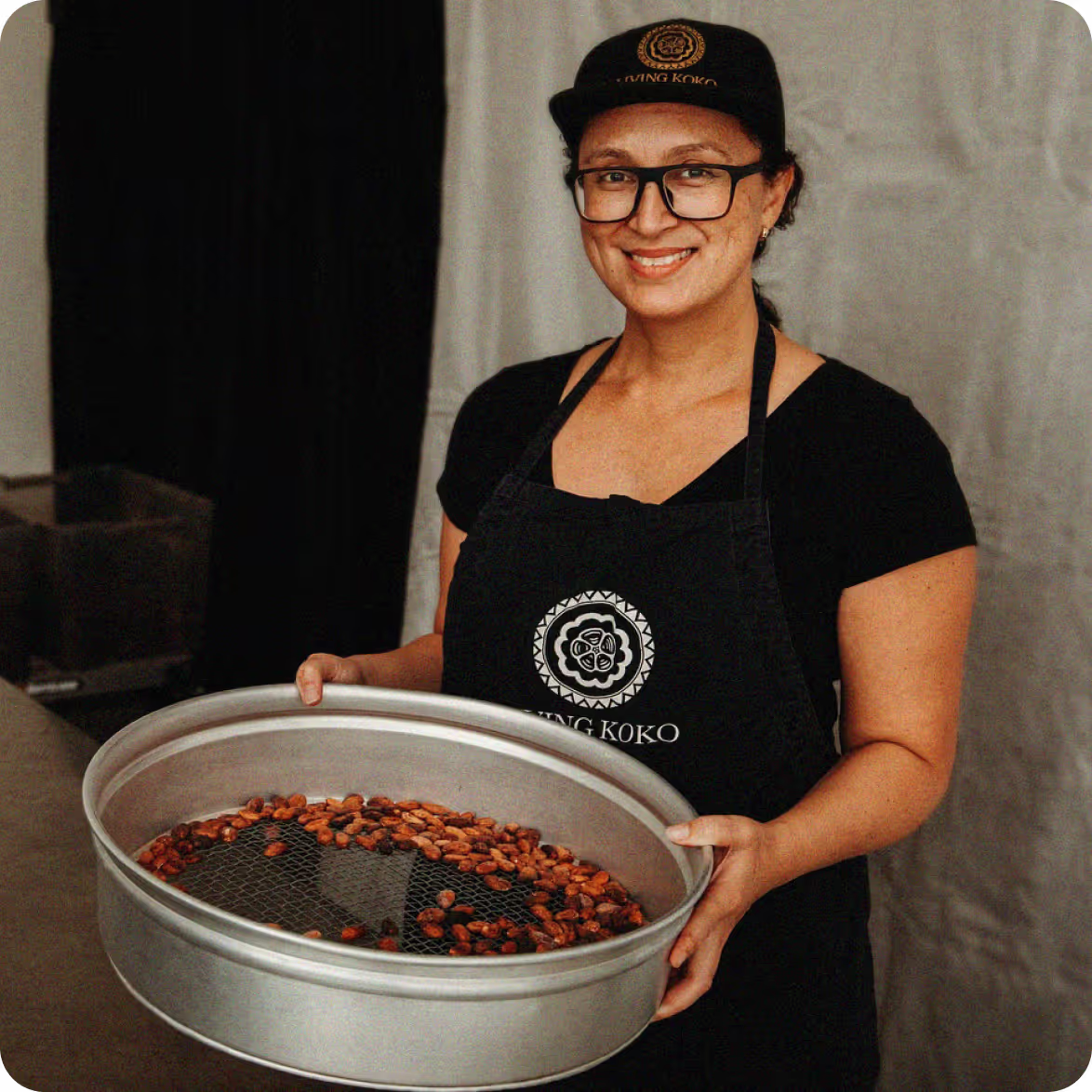
Living Koko grows regenerative cacao rich in fibre, flavonoids, and minerals that support mood and cognitive function, while honouring indigenous communities and promoting mindful, zero-waste, heart-opening rituals.
%201.avif)
%201.avif)
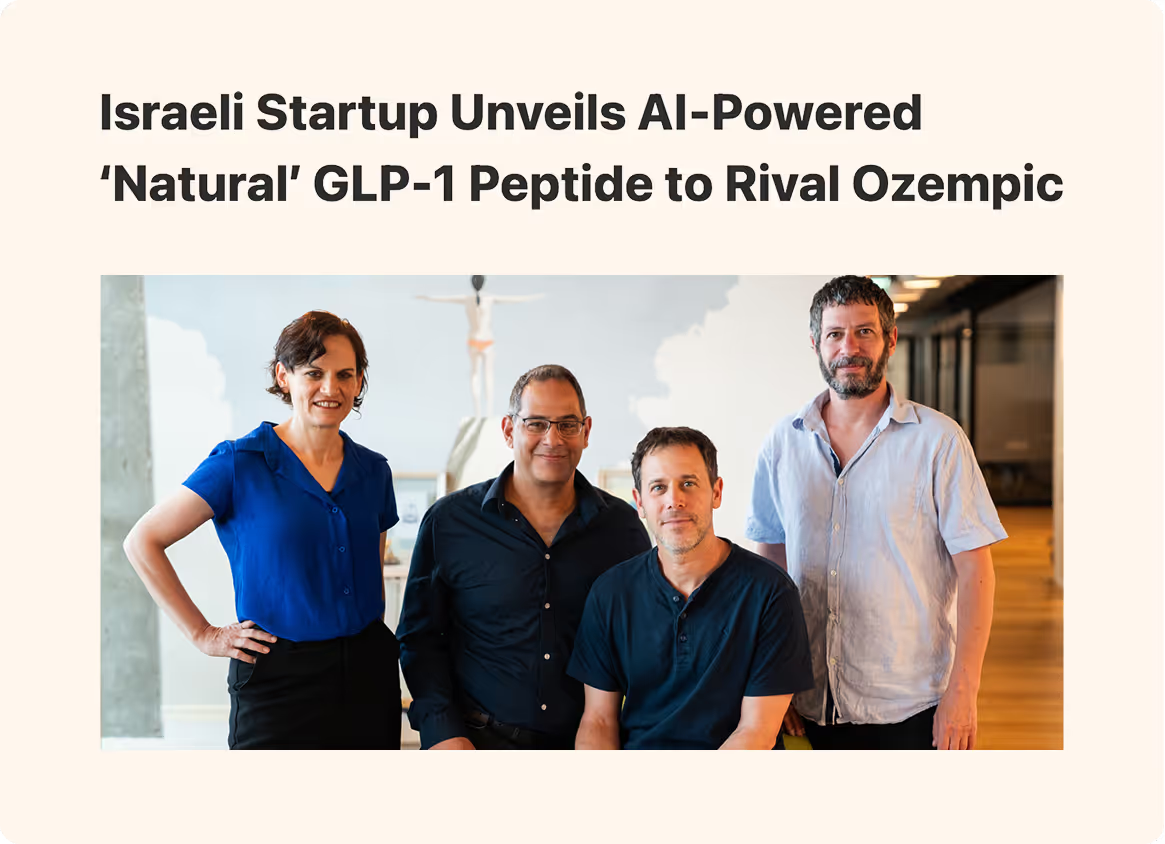


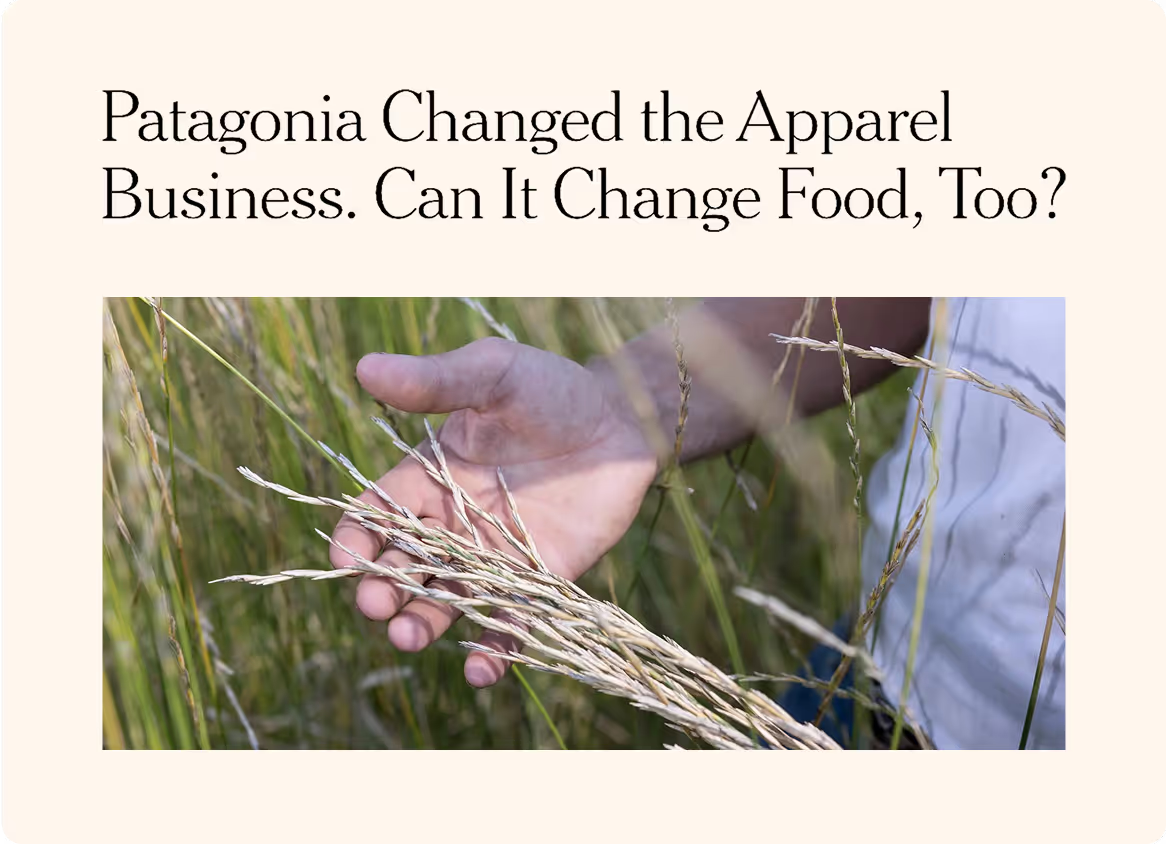
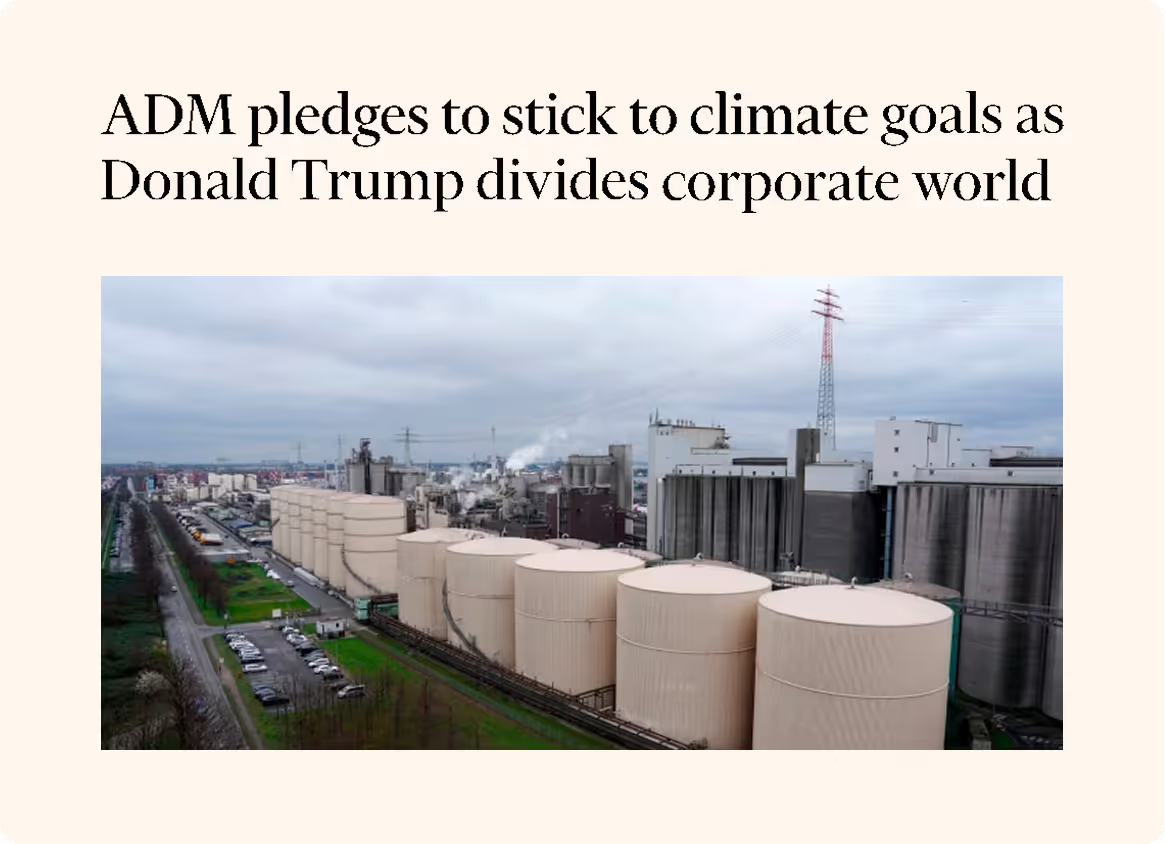
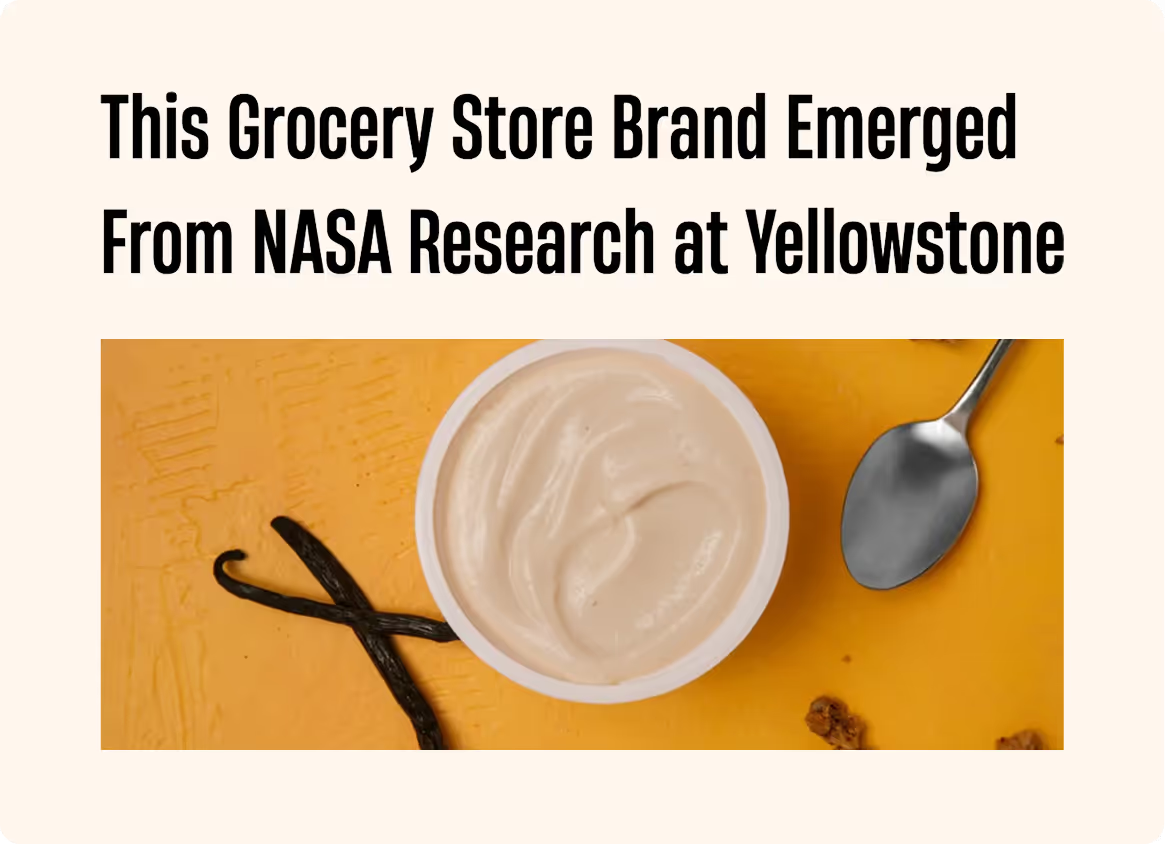
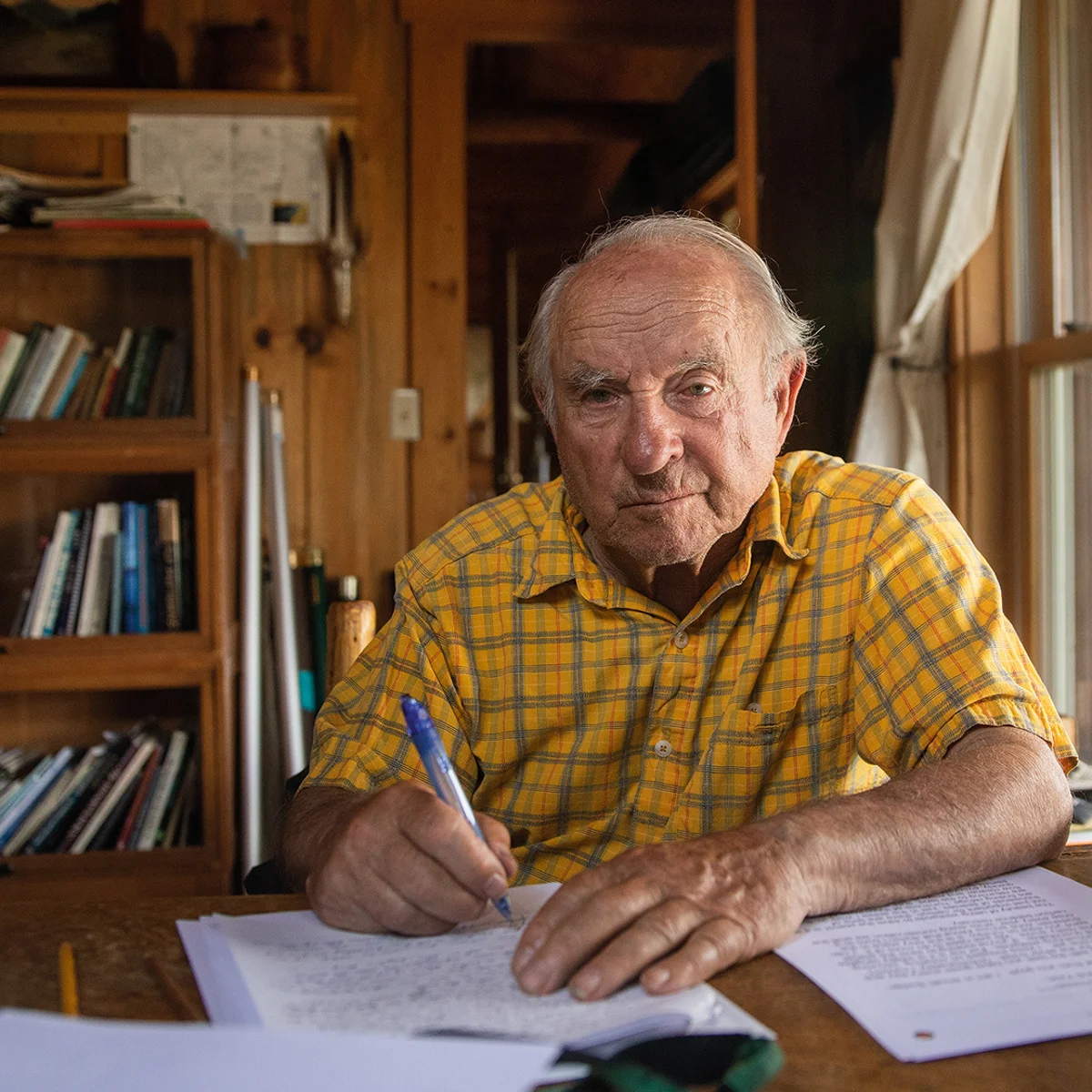
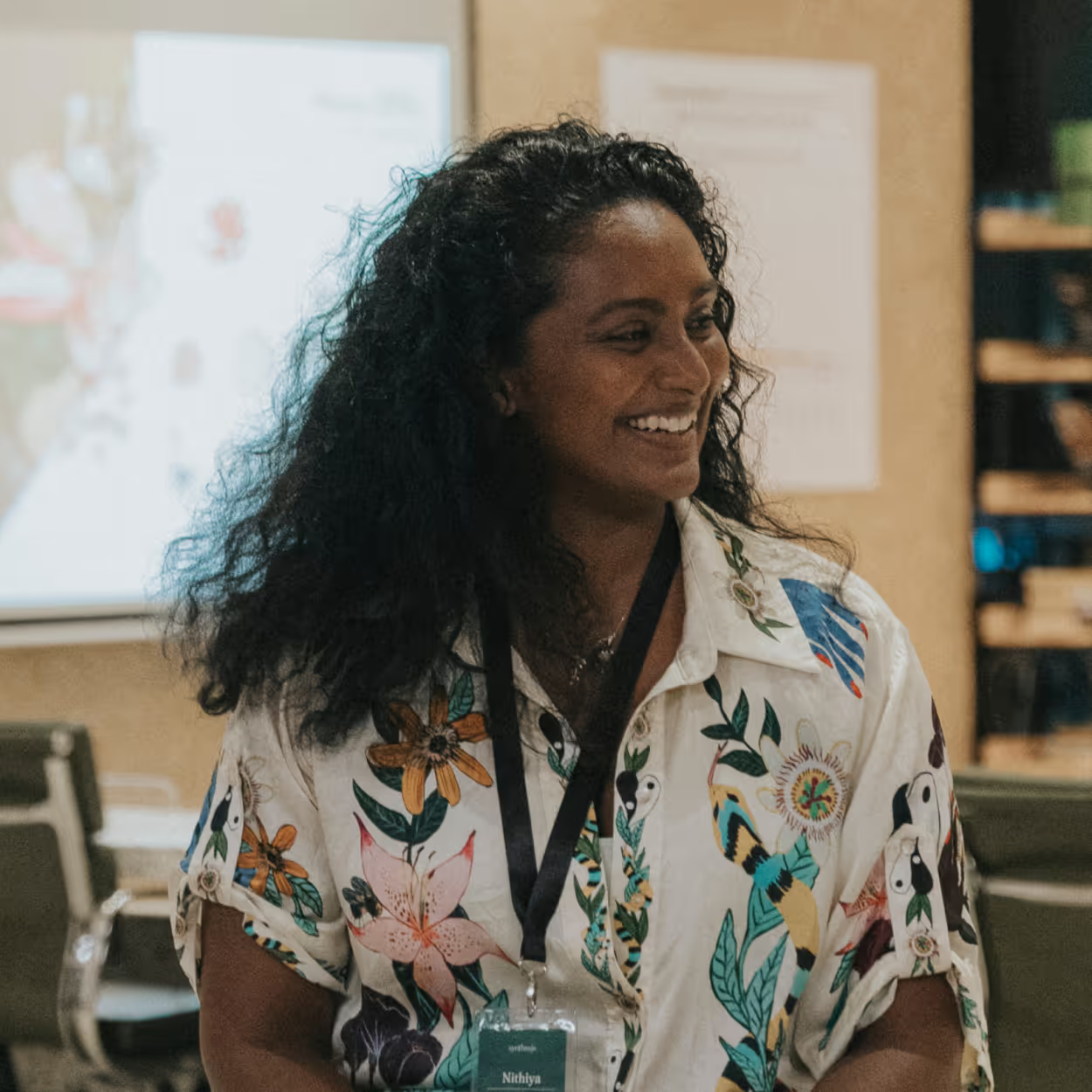
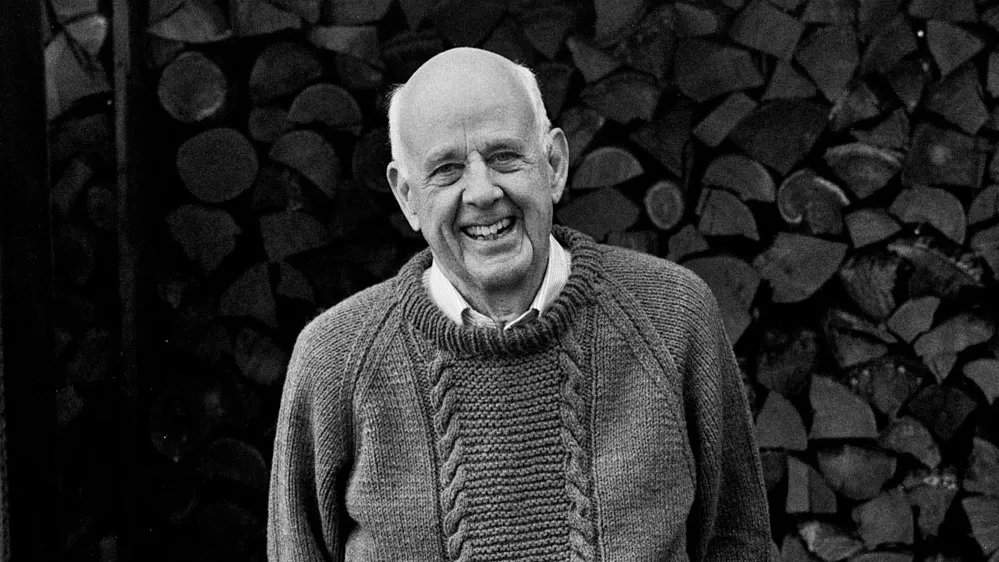

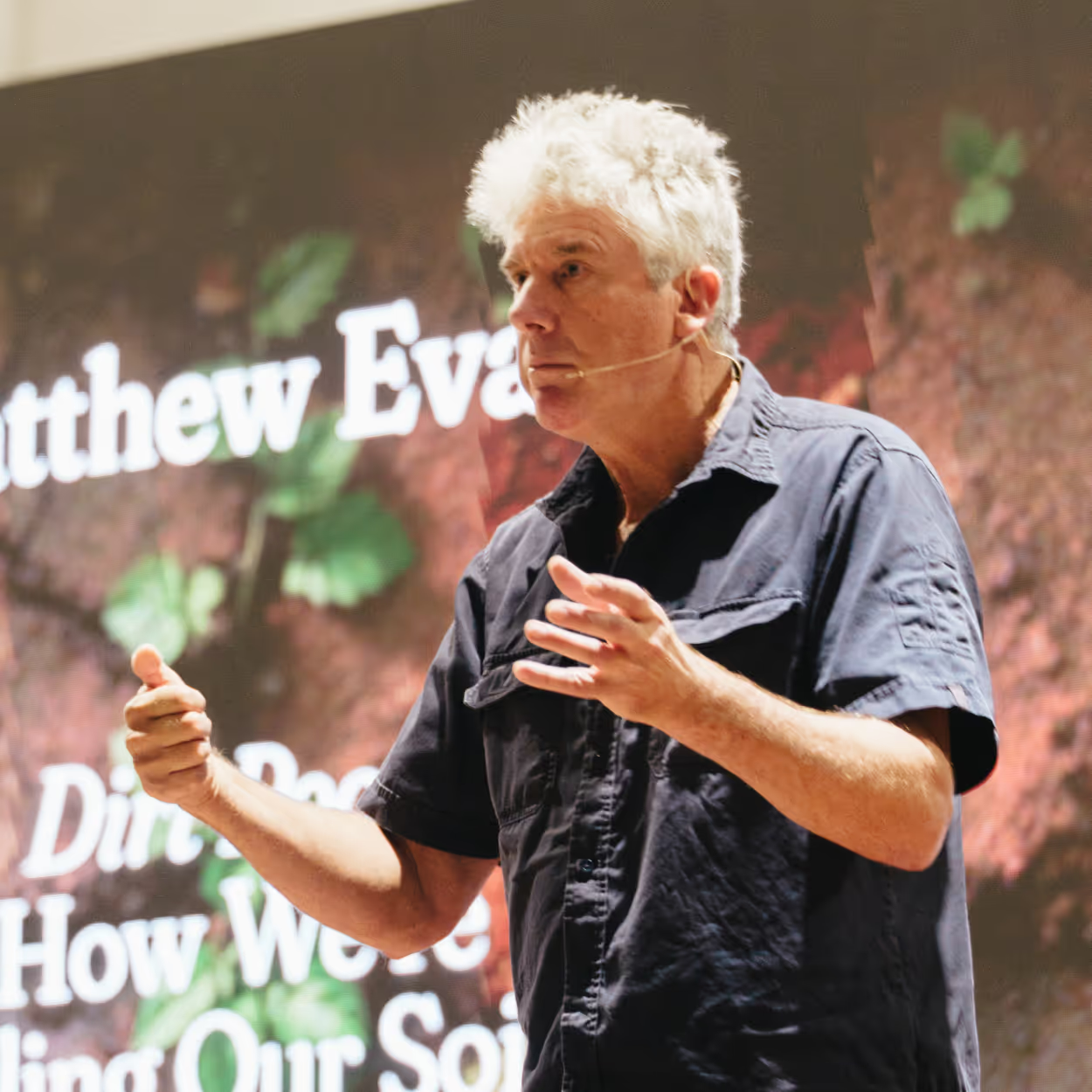
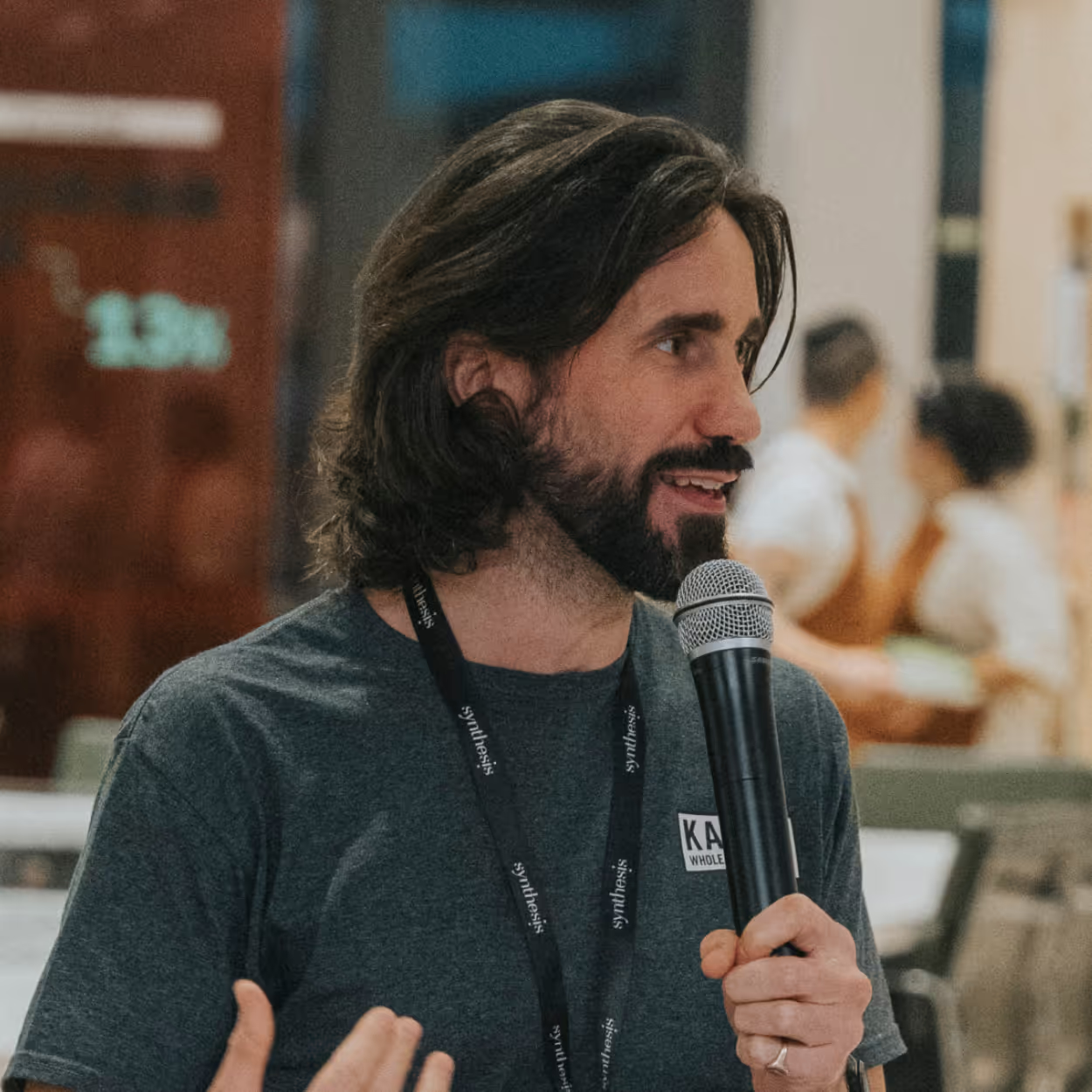

.avif)
